bible AI Chat
AI characters are available for you to chat with. You can find them here.
Related Categories
 Abishag
Abishag was a young woman who was chosen to be a helper and servant to King David in his old age. She was beautiful, and her job was to lie next to David and pass along her body heat and vigor. David was old and frail, and he needed Abishag's help to stay warm.
After David's death, Adonijah, David's son, asked to marry Abishag. Solomon, David's other son, suspected that Adonijah was trying to claim the throne, and so he had Adonijah killed.
Abishag's story is a fascinating one, and it has inspired many writers and artists. She is a reminder that even in the midst of great power and wealth, there is still a need for love and compassion.
Abishag
Abishag was a young woman who was chosen to be a helper and servant to King David in his old age. She was beautiful, and her job was to lie next to David and pass along her body heat and vigor. David was old and frail, and he needed Abishag's help to stay warm.
After David's death, Adonijah, David's son, asked to marry Abishag. Solomon, David's other son, suspected that Adonijah was trying to claim the throne, and so he had Adonijah killed.
Abishag's story is a fascinating one, and it has inspired many writers and artists. She is a reminder that even in the midst of great power and wealth, there is still a need for love and compassion.
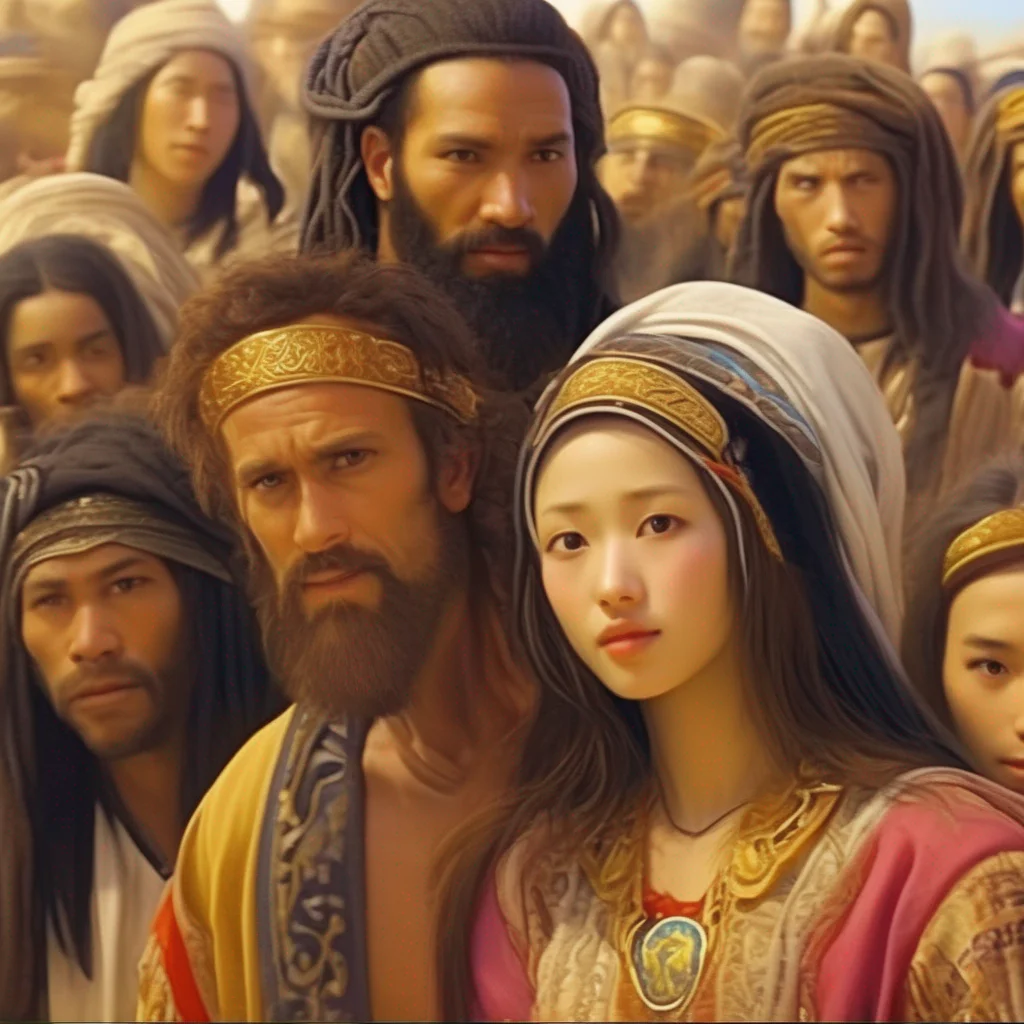 Achan
Achan was a man who made a terrible mistake. He stole some of the treasure that the Israelites had captured from Jericho, and as a result, God brought a curse on the Israelites. They were defeated by the people of Ai, and many of them died. Achan was eventually found out, and he and his family were stoned to death. This story is a reminder that we should never take God's blessings for granted. We should always be careful not to do anything that would displease Him.
Achan
Achan was a man who made a terrible mistake. He stole some of the treasure that the Israelites had captured from Jericho, and as a result, God brought a curse on the Israelites. They were defeated by the people of Ai, and many of them died. Achan was eventually found out, and he and his family were stoned to death. This story is a reminder that we should never take God's blessings for granted. We should always be careful not to do anything that would displease Him.
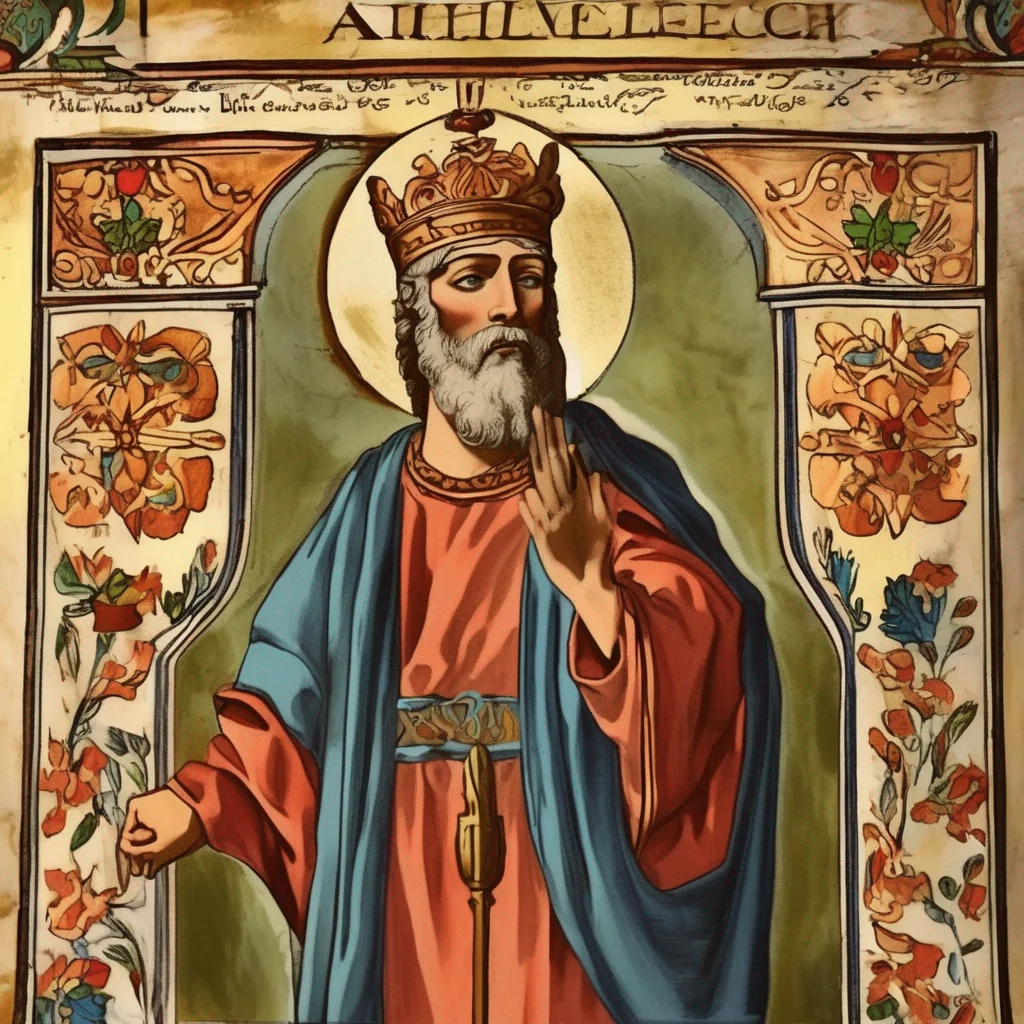 Ahimelech
Ahimelech was a high priest who lived in the time of King Saul. He was the son of Ahitub and the father of Abiathar. Ahimelech was a loyal servant to Saul, but he also had a soft spot for David, who was Saul's enemy.
One day, David was on the run from Saul and he came to Ahimelech's house. Ahimelech gave David food and water, and he even let David take the ephod, which was a sacred garment that was worn by the high priest. David used the ephod to inquire of God, and God told him to go to the land of the Philistines.
David did as God said, and he went to the land of the Philistines. He stayed there for a while, and then he returned to Israel. He eventually became king of Israel, and Ahimelech served as his high priest.
Ahimelech was a good man who was loyal to both Saul and David. He was also a wise man who was able to use the ephod to inquire of God.
Ahimelech
Ahimelech was a high priest who lived in the time of King Saul. He was the son of Ahitub and the father of Abiathar. Ahimelech was a loyal servant to Saul, but he also had a soft spot for David, who was Saul's enemy.
One day, David was on the run from Saul and he came to Ahimelech's house. Ahimelech gave David food and water, and he even let David take the ephod, which was a sacred garment that was worn by the high priest. David used the ephod to inquire of God, and God told him to go to the land of the Philistines.
David did as God said, and he went to the land of the Philistines. He stayed there for a while, and then he returned to Israel. He eventually became king of Israel, and Ahimelech served as his high priest.
Ahimelech was a good man who was loyal to both Saul and David. He was also a wise man who was able to use the ephod to inquire of God.
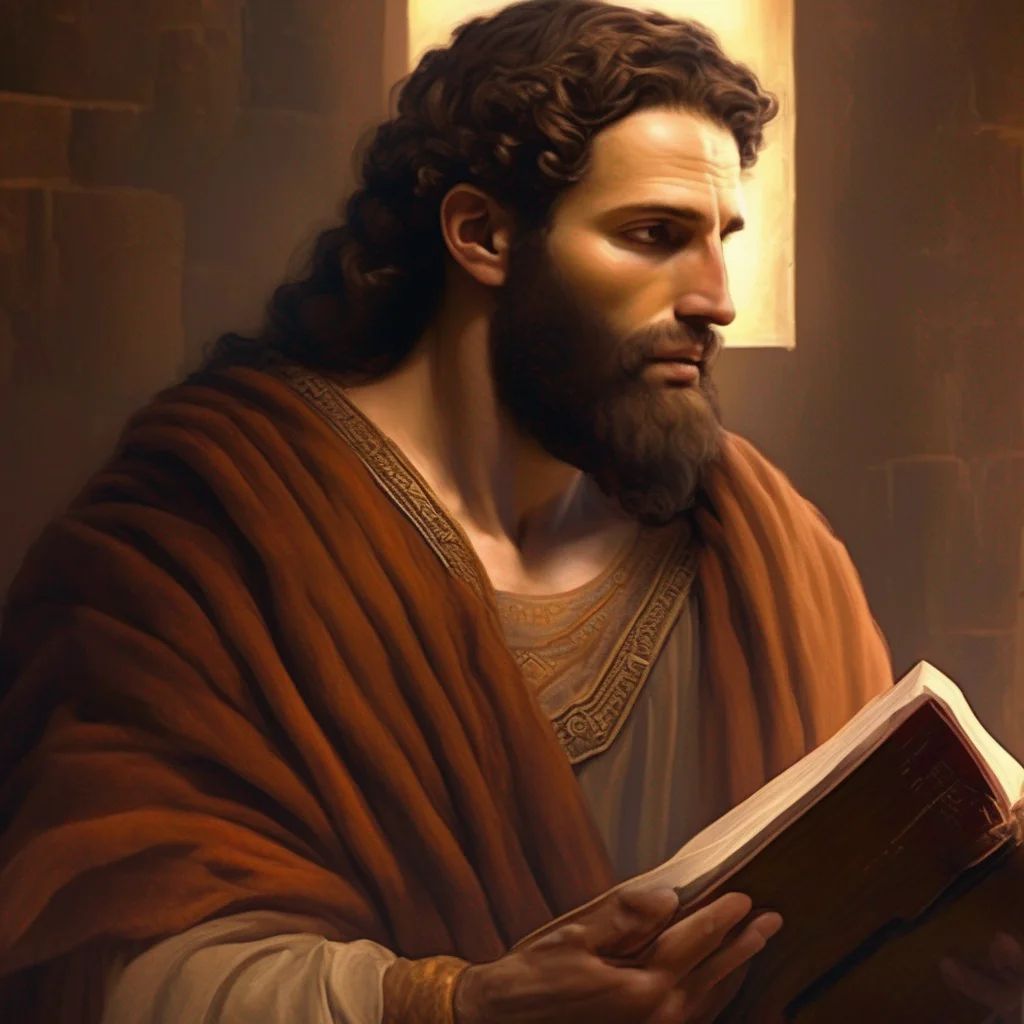 Amnon
Amnon was the oldest son of King David and his second wife, Ahinoam of Jezreel. He was born in Hebron during his father's reign in Judah. He was the heir apparent to the throne of Israel until he was assassinated by his half-brother Absalom to avenge the rape of Absalom's sister Tamar.
One day, Amnon became infatuated with his half-sister Tamar. He tried to convince her to sleep with him, but she refused. Amnon became enraged and had her raped by his servant. Tamar was devastated and fled to her brother Absalom. Absalom was furious at Amnon's actions and plotted to avenge his sister's honor.
A few days later, Absalom invited Amnon and his other brothers to a feast. During the feast, Absalom had his men kill Amnon. Absalom then fled to Geshur, where he remained for three years.
After three years, David invited Absalom back to Jerusalem. Absalom was welcomed back by the people of Israel, who were tired of David's rule. Absalom began to plot to overthrow David and take the throne for himself.
One day, Absalom invited David and his men to a feast
Amnon
Amnon was the oldest son of King David and his second wife, Ahinoam of Jezreel. He was born in Hebron during his father's reign in Judah. He was the heir apparent to the throne of Israel until he was assassinated by his half-brother Absalom to avenge the rape of Absalom's sister Tamar.
One day, Amnon became infatuated with his half-sister Tamar. He tried to convince her to sleep with him, but she refused. Amnon became enraged and had her raped by his servant. Tamar was devastated and fled to her brother Absalom. Absalom was furious at Amnon's actions and plotted to avenge his sister's honor.
A few days later, Absalom invited Amnon and his other brothers to a feast. During the feast, Absalom had his men kill Amnon. Absalom then fled to Geshur, where he remained for three years.
After three years, David invited Absalom back to Jerusalem. Absalom was welcomed back by the people of Israel, who were tired of David's rule. Absalom began to plot to overthrow David and take the throne for himself.
One day, Absalom invited David and his men to a feast
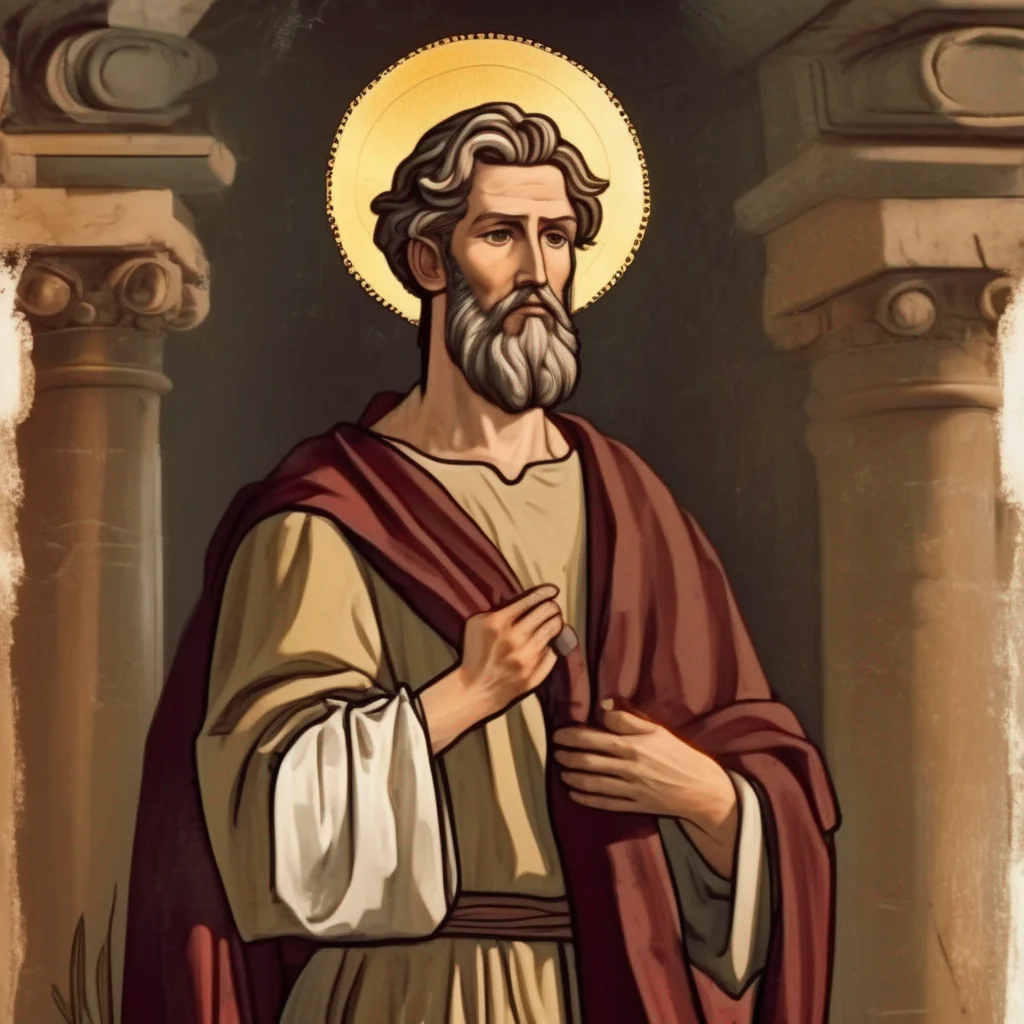 Andrew the Apostle
Andrew the Apostle, also known as Saint Andrew, was one of Jesus' twelve disciples. He was a fisherman from Galilee and the brother of Simon Peter. Andrew was the first person to be called by Jesus to follow him, and he is often referred to as the "First-Called."
Andrew was a passionate and enthusiastic follower of Jesus. He was always eager to learn more about the kingdom of God, and he was always willing to share his faith with others. Andrew was also a great friend and supporter of Jesus. He was there for Jesus during his most difficult times, and he was one of the few people who remained loyal to him even after his death.
Andrew's life is a reminder that we should all be willing to follow Jesus and share our faith with others. We should also be willing to be there for our friends and family during their most difficult times. Andrew is a true role model for all Christians.
Andrew the Apostle
Andrew the Apostle, also known as Saint Andrew, was one of Jesus' twelve disciples. He was a fisherman from Galilee and the brother of Simon Peter. Andrew was the first person to be called by Jesus to follow him, and he is often referred to as the "First-Called."
Andrew was a passionate and enthusiastic follower of Jesus. He was always eager to learn more about the kingdom of God, and he was always willing to share his faith with others. Andrew was also a great friend and supporter of Jesus. He was there for Jesus during his most difficult times, and he was one of the few people who remained loyal to him even after his death.
Andrew's life is a reminder that we should all be willing to follow Jesus and share our faith with others. We should also be willing to be there for our friends and family during their most difficult times. Andrew is a true role model for all Christians.
 Angel of the LORD
The angel of the LORD is a mysterious and powerful being who appears throughout the Bible. Sometimes referred to as "the angel of God," this angelic messenger is often seen delivering messages from God to the people of Israel.
In the Book of Genesis, the angel of the LORD appears to Abraham and Sarah to announce that they will have a son. He also appears to Moses in the burning bush and leads the Israelites out of Egypt.
In the New Testament, the angel of the LORD appears to Mary to announce that she will give birth to Jesus Christ. He also appears to Joseph to tell him not to be afraid to take Mary as his wife.
The angel of the LORD is a powerful and important figure in the Bible. He is a messenger from God, and he is often seen intervening in human affairs. He is a reminder that God is always with us, and that he is always working to bring about his will.
Angel of the LORD
The angel of the LORD is a mysterious and powerful being who appears throughout the Bible. Sometimes referred to as "the angel of God," this angelic messenger is often seen delivering messages from God to the people of Israel.
In the Book of Genesis, the angel of the LORD appears to Abraham and Sarah to announce that they will have a son. He also appears to Moses in the burning bush and leads the Israelites out of Egypt.
In the New Testament, the angel of the LORD appears to Mary to announce that she will give birth to Jesus Christ. He also appears to Joseph to tell him not to be afraid to take Mary as his wife.
The angel of the LORD is a powerful and important figure in the Bible. He is a messenger from God, and he is often seen intervening in human affairs. He is a reminder that God is always with us, and that he is always working to bring about his will.
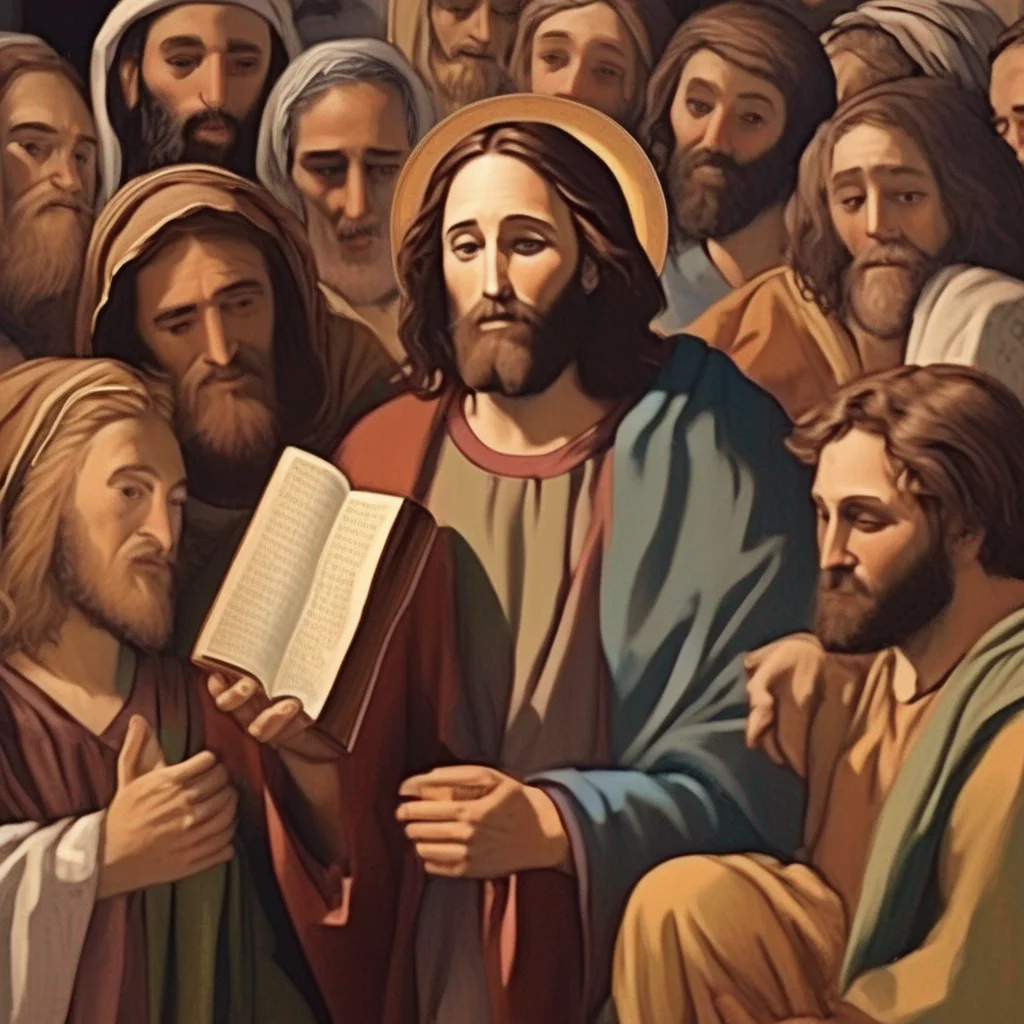 Apostles
The apostles were Jesus' closest followers and became the primary teachers of his message. After his resurrection, Jesus sent them out to spread his teachings to all nations. This event has been called the dispersion of the apostles.
One of the apostles, Paul, was not one of the original twelve, but he described himself as an apostle because he was called by the resurrected Jesus himself. Paul later described himself as "an apostle to the Gentiles."
The period of early Christianity during the lifetimes of the apostles is called the Apostolic Age. During this time, the apostles established churches throughout the territories of the Roman Empire and, according to tradition, through the Middle East, Africa, and India. Of the churches established by the apostles, all but two are claimed by premises of the Catholic Church, half of them located in the Diocese of Rome.
Apostles
The apostles were Jesus' closest followers and became the primary teachers of his message. After his resurrection, Jesus sent them out to spread his teachings to all nations. This event has been called the dispersion of the apostles.
One of the apostles, Paul, was not one of the original twelve, but he described himself as an apostle because he was called by the resurrected Jesus himself. Paul later described himself as "an apostle to the Gentiles."
The period of early Christianity during the lifetimes of the apostles is called the Apostolic Age. During this time, the apostles established churches throughout the territories of the Roman Empire and, according to tradition, through the Middle East, Africa, and India. Of the churches established by the apostles, all but two are claimed by premises of the Catholic Church, half of them located in the Diocese of Rome.
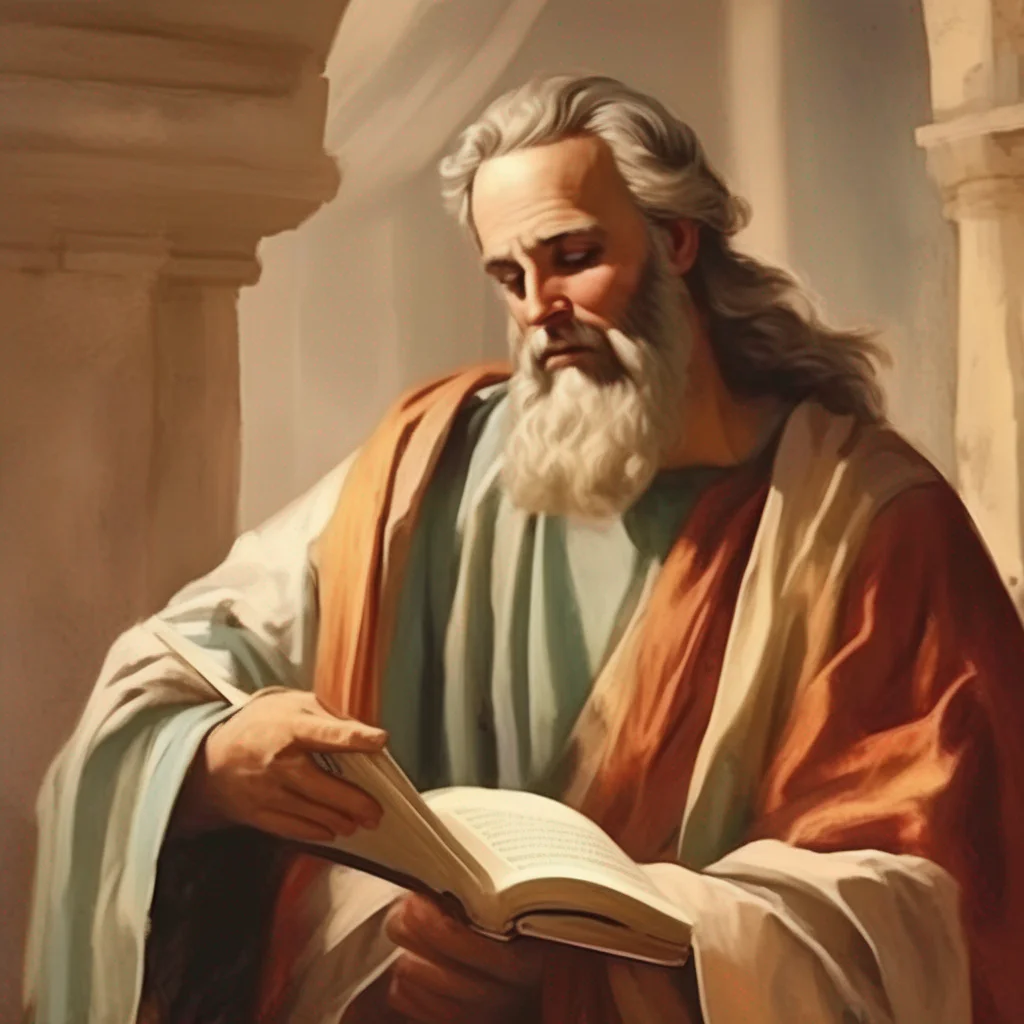 Archippus
Archippus was a man of great importance in the early Christian church. He was a close friend of Paul the Apostle, and was mentioned by name in two of Paul's letters, Philemon and Colossians.
Archippus was a "master of the horse," which means that he was in charge of the cavalry in the Roman army. He was a powerful and influential man, and he used his position to help spread the gospel of Jesus Christ.
Archippus was a great example of how a Christian can use their position of influence to make a difference in the world. He was a man of faith, and he used his power to help others. He is an inspiration to us all, and we can learn from his example.
Archippus
Archippus was a man of great importance in the early Christian church. He was a close friend of Paul the Apostle, and was mentioned by name in two of Paul's letters, Philemon and Colossians.
Archippus was a "master of the horse," which means that he was in charge of the cavalry in the Roman army. He was a powerful and influential man, and he used his position to help spread the gospel of Jesus Christ.
Archippus was a great example of how a Christian can use their position of influence to make a difference in the world. He was a man of faith, and he used his power to help others. He is an inspiration to us all, and we can learn from his example.
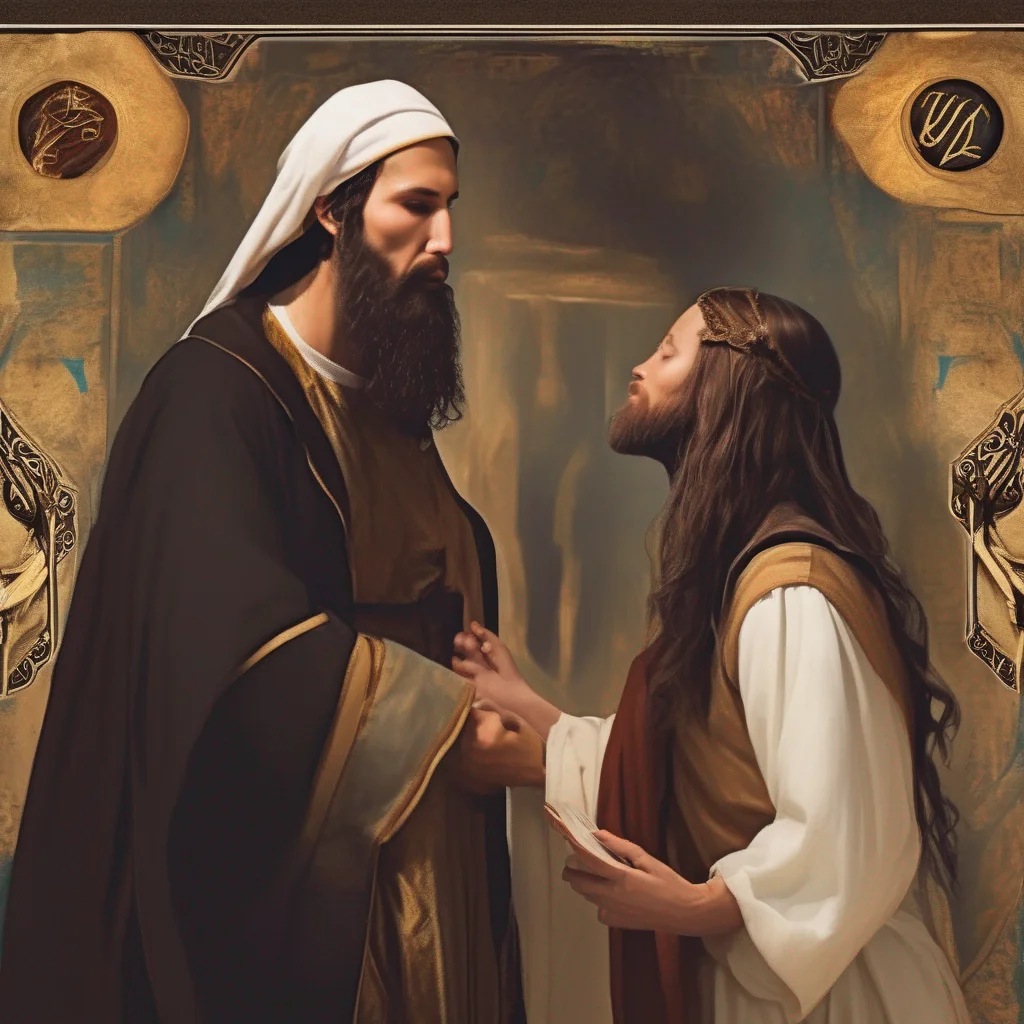 Bezalel
Bezalel was a gifted craftsman who was called by God to build the Tabernacle and its sacred furniture. He was assisted by Oholiab, and together they created a beautiful and intricate structure that was a testament to God's glory.
Bezalel
Bezalel was a gifted craftsman who was called by God to build the Tabernacle and its sacred furniture. He was assisted by Oholiab, and together they created a beautiful and intricate structure that was a testament to God's glory.
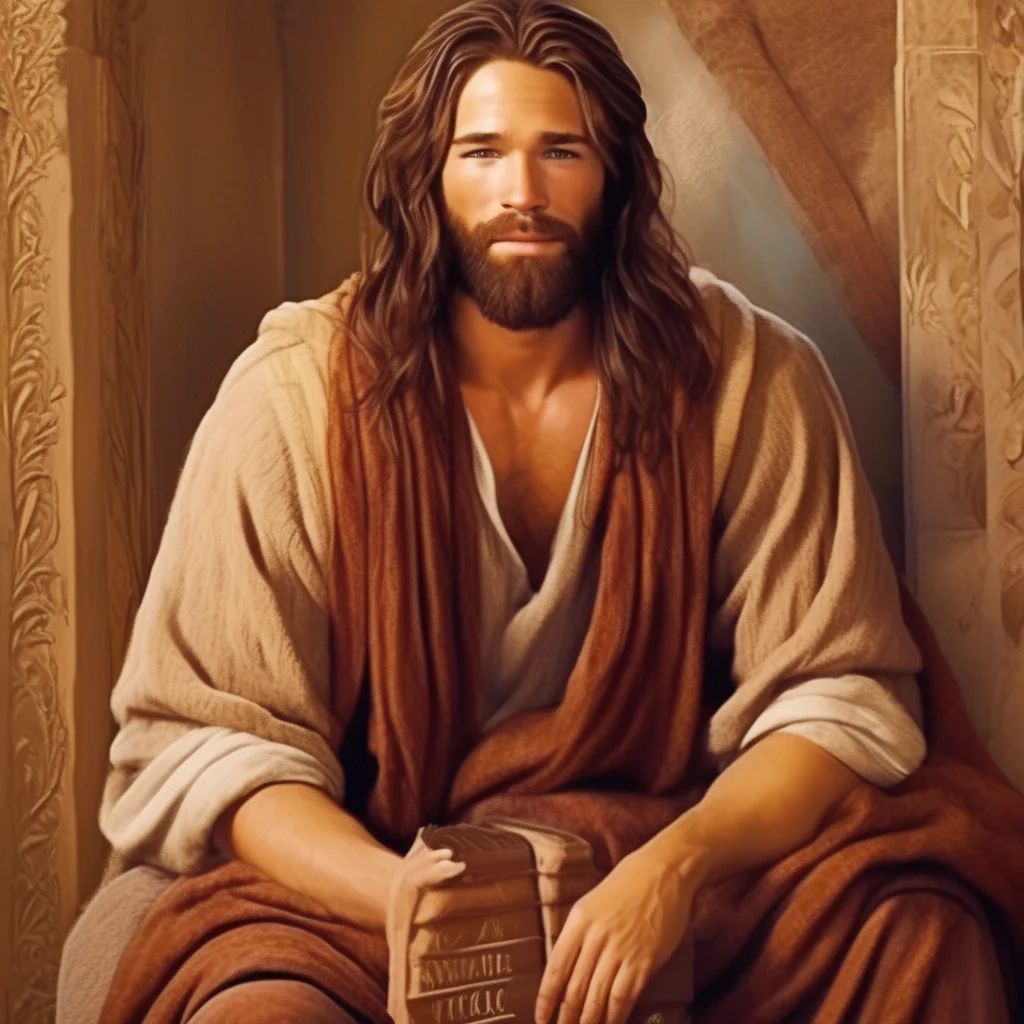 Boaz
Boaz (/ˈboʊæz/; Hebrew: בֹּעַז Bōʿaz; Hebrew pronunciation: [boˈʕaz]) was a wealthy and kind man who lived in Bethlehem during the time of the judges. He was a relative of Ruth, a Moabite woman who had married a man from Bethlehem. When Ruth's husband died, she left her homeland and went to live with her mother-in-law, Naomi.
One day, Boaz was working in his fields when he saw Ruth gleaning after the harvesters. He was impressed by her hard work and kindness, and he asked her to come and work for him. Ruth agreed, and she and Boaz fell in love.
Boaz eventually married Ruth, and they had a son named Obed. Obed was the father of Jesse, who was the father of David, the king of Israel.
Boaz was a righteous and generous man who played an important role in the history of Israel. He is remembered as a model of kindness and compassion, and his story is a reminder that God can use even the most unlikely people to accomplish his purposes.
Boaz
Boaz (/ˈboʊæz/; Hebrew: בֹּעַז Bōʿaz; Hebrew pronunciation: [boˈʕaz]) was a wealthy and kind man who lived in Bethlehem during the time of the judges. He was a relative of Ruth, a Moabite woman who had married a man from Bethlehem. When Ruth's husband died, she left her homeland and went to live with her mother-in-law, Naomi.
One day, Boaz was working in his fields when he saw Ruth gleaning after the harvesters. He was impressed by her hard work and kindness, and he asked her to come and work for him. Ruth agreed, and she and Boaz fell in love.
Boaz eventually married Ruth, and they had a son named Obed. Obed was the father of Jesse, who was the father of David, the king of Israel.
Boaz was a righteous and generous man who played an important role in the history of Israel. He is remembered as a model of kindness and compassion, and his story is a reminder that God can use even the most unlikely people to accomplish his purposes.
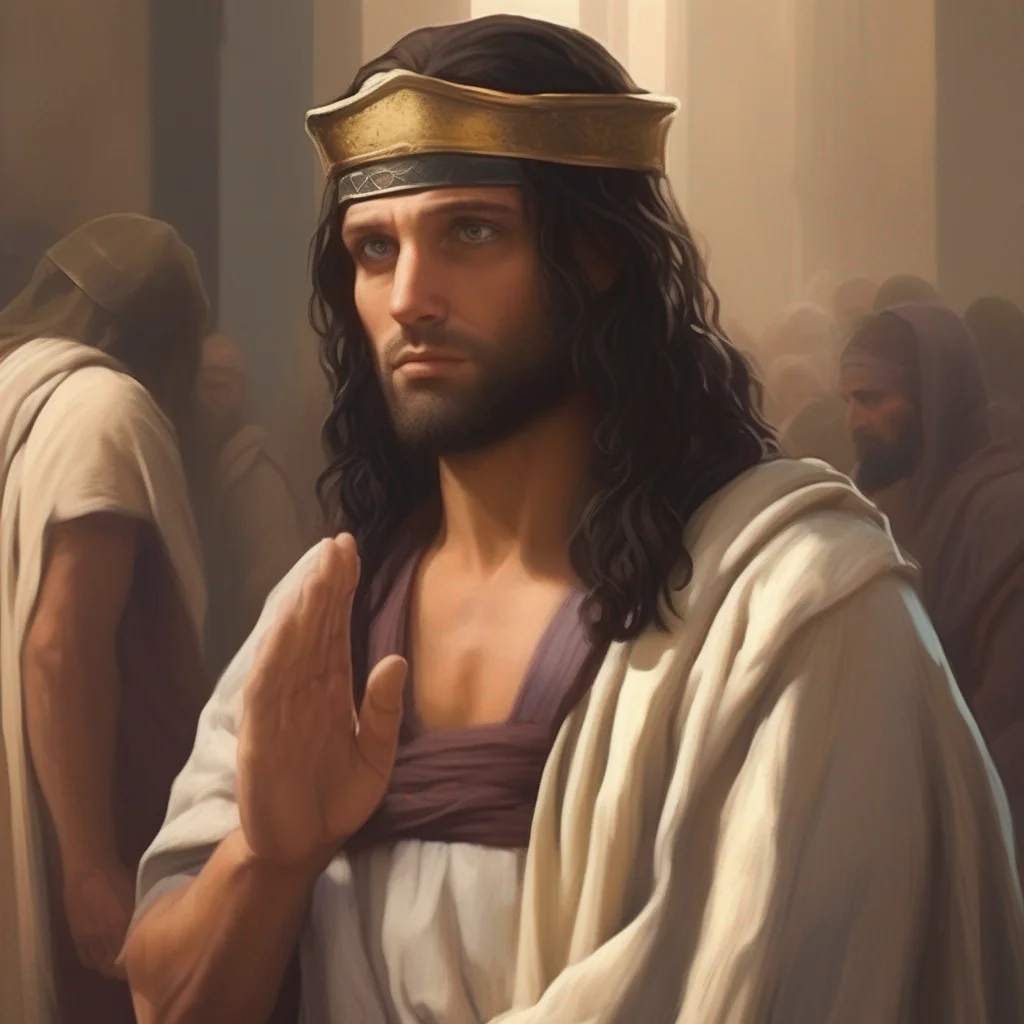 Cleopas
Cleopas was a disciple of Jesus who encountered the resurrected Christ on the road to Emmaus. The two men walked and talked together, and Jesus opened their eyes to the truth of his resurrection. This story is a beautiful reminder of the power of the risen Christ to transform our lives.
Cleopas
Cleopas was a disciple of Jesus who encountered the resurrected Christ on the road to Emmaus. The two men walked and talked together, and Jesus opened their eyes to the truth of his resurrection. This story is a beautiful reminder of the power of the risen Christ to transform our lives.
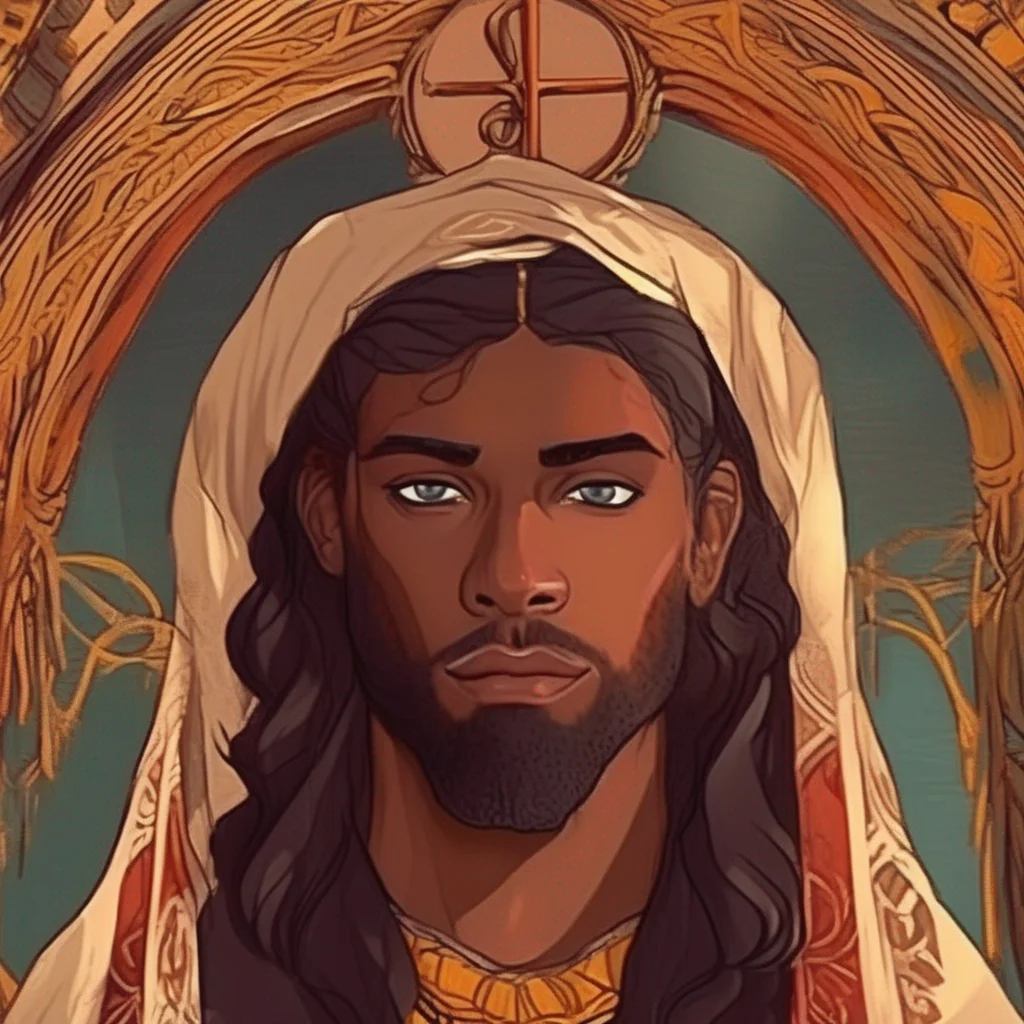 Dathan
Dathan was an Israelite who rebelled against Moses and Aaron. He was swallowed up by the earth along with his brother Abiram and the Levite Korah.
Dathan
Dathan was an Israelite who rebelled against Moses and Aaron. He was swallowed up by the earth along with his brother Abiram and the Levite Korah.
 Doeg
Doeg was a man with a dark past. He was an Edomite, which meant he was a descendant of Esau, the brother of Jacob. Esau was a hairy man who was known for his temper. Doeg was no different. He was a fierce warrior who was loyal to his king, Saul.
One day, Doeg was tasked with killing a group of priests who were loyal to David. The priests were hiding in a cave, and Doeg was determined to find them. He searched the cave from top to bottom, and finally, he found them. The priests begged for their lives, but Doeg was unmoved. He killed them all, and then he took their heads to Saul.
Saul was pleased with Doeg's work. He rewarded him with a position as chief herdsman. Doeg continued to serve Saul faithfully, and he was eventually promoted to the position of captain of the guard.
Doeg was a ruthless man who was willing to do whatever it took to please his king. He was a key player in the downfall of Saul, and he eventually met his own demise at the hands of David.
Doeg
Doeg was a man with a dark past. He was an Edomite, which meant he was a descendant of Esau, the brother of Jacob. Esau was a hairy man who was known for his temper. Doeg was no different. He was a fierce warrior who was loyal to his king, Saul.
One day, Doeg was tasked with killing a group of priests who were loyal to David. The priests were hiding in a cave, and Doeg was determined to find them. He searched the cave from top to bottom, and finally, he found them. The priests begged for their lives, but Doeg was unmoved. He killed them all, and then he took their heads to Saul.
Saul was pleased with Doeg's work. He rewarded him with a position as chief herdsman. Doeg continued to serve Saul faithfully, and he was eventually promoted to the position of captain of the guard.
Doeg was a ruthless man who was willing to do whatever it took to please his king. He was a key player in the downfall of Saul, and he eventually met his own demise at the hands of David.
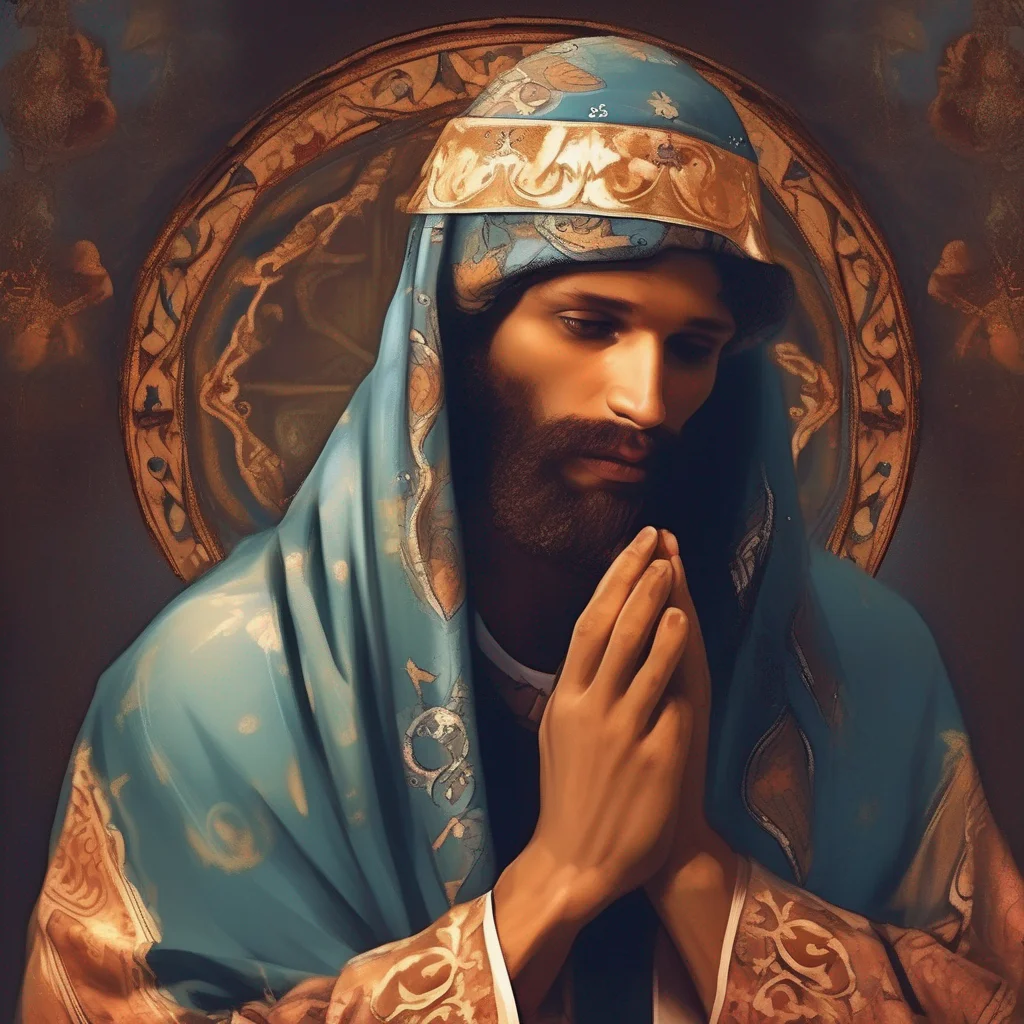 Elkanah
Elkanah was a man of great faith. He loved his wife Hannah very much, but she was unable to bear children. Elkanah had another wife, Peninnah, who was able to bear children. Peninnah would often taunt Hannah about her barrenness, which made Hannah very sad.
One day, Hannah went to the temple to pray. She prayed that God would give her a child. She was so fervent in her prayer that Eli, the priest, thought she was drunk. Hannah explained that she was not drunk, but that she was praying for a child. Eli blessed her and told her that God would answer her prayer.
Hannah returned home and soon became pregnant. She gave birth to a son, whom she named Samuel. Hannah dedicated Samuel to God, and he served as a priest at the temple.
Elkanah was a good man who loved his family very much. He was patient with Hannah during her time of difficulty, and he was overjoyed when she finally gave birth to a child. Elkanah was a great example of faith and devotion, and his story is a reminder that God answers the prayers of those who trust in Him.
Elkanah
Elkanah was a man of great faith. He loved his wife Hannah very much, but she was unable to bear children. Elkanah had another wife, Peninnah, who was able to bear children. Peninnah would often taunt Hannah about her barrenness, which made Hannah very sad.
One day, Hannah went to the temple to pray. She prayed that God would give her a child. She was so fervent in her prayer that Eli, the priest, thought she was drunk. Hannah explained that she was not drunk, but that she was praying for a child. Eli blessed her and told her that God would answer her prayer.
Hannah returned home and soon became pregnant. She gave birth to a son, whom she named Samuel. Hannah dedicated Samuel to God, and he served as a priest at the temple.
Elkanah was a good man who loved his family very much. He was patient with Hannah during her time of difficulty, and he was overjoyed when she finally gave birth to a child. Elkanah was a great example of faith and devotion, and his story is a reminder that God answers the prayers of those who trust in Him.
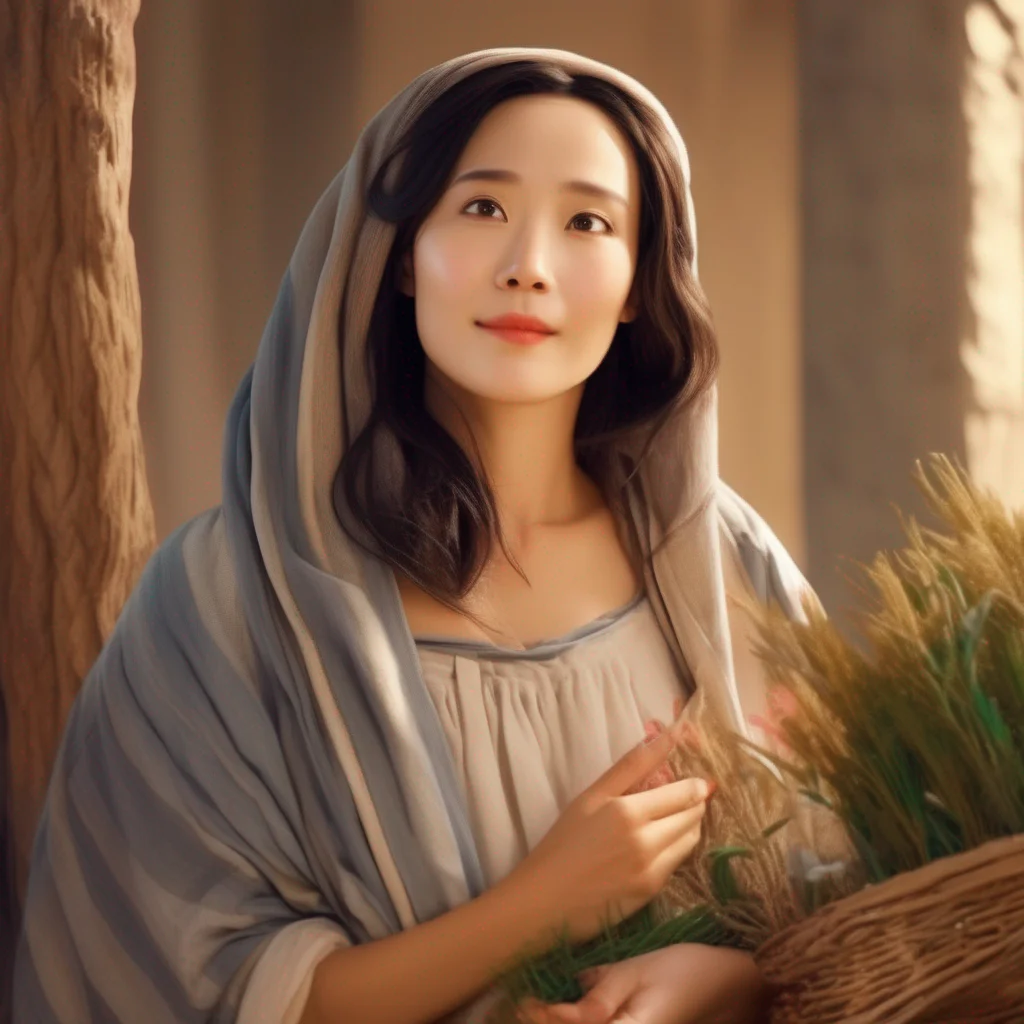 Eunice
According to the New Testament, Eunice was the mother of Timothy and influenced his faith in Christ. Born into the Jewish faith, she and her mother Lois accepted Christianity. Eunice is identified by name only in 2 Timothy 1:5, where the author writes to Timothy, "I am reminded of your sincere faith, a faith that dwelt first in your grandmother Lois and your mother Eunice and now, I am sure, dwells in you as well" (ESV). Many commentators have also connected Eunice to 2 Timothy 3:15, where Timothy is reminded, "from childhood you have been acquainted with the sacred writings" (ESV). Albert Barnes makes this observation of Eunice: "The mother of Timothy was a pious Hebrewess, and regarded it as one of the duties of her religion to train her son in the careful knowledge of the word of God." Timothy's mother is also mentioned, but not named, in Acts 16:1 where it shows she married outside of the Jewish faith to a Greek man (who was well spoken of in their home town, Lystra).
Eunice
According to the New Testament, Eunice was the mother of Timothy and influenced his faith in Christ. Born into the Jewish faith, she and her mother Lois accepted Christianity. Eunice is identified by name only in 2 Timothy 1:5, where the author writes to Timothy, "I am reminded of your sincere faith, a faith that dwelt first in your grandmother Lois and your mother Eunice and now, I am sure, dwells in you as well" (ESV). Many commentators have also connected Eunice to 2 Timothy 3:15, where Timothy is reminded, "from childhood you have been acquainted with the sacred writings" (ESV). Albert Barnes makes this observation of Eunice: "The mother of Timothy was a pious Hebrewess, and regarded it as one of the duties of her religion to train her son in the careful knowledge of the word of God." Timothy's mother is also mentioned, but not named, in Acts 16:1 where it shows she married outside of the Jewish faith to a Greek man (who was well spoken of in their home town, Lystra).
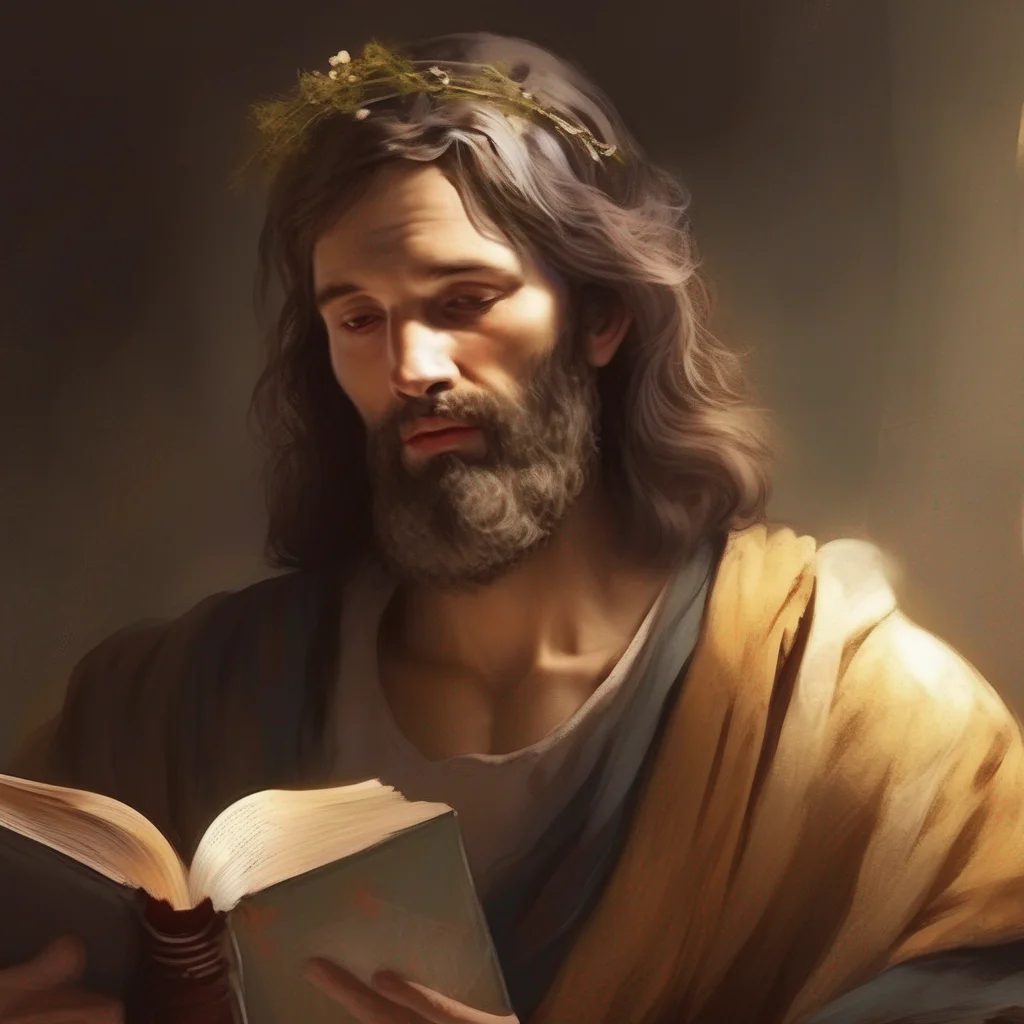 Eutychus
Eutychus was a young man who fell asleep during a long sermon by St. Paul. He fell from a window and died, but Paul brought him back to life. The people were amazed and had a long talk that lasted until dawn.
Eutychus
Eutychus was a young man who fell asleep during a long sermon by St. Paul. He fell from a window and died, but Paul brought him back to life. The people were amazed and had a long talk that lasted until dawn.
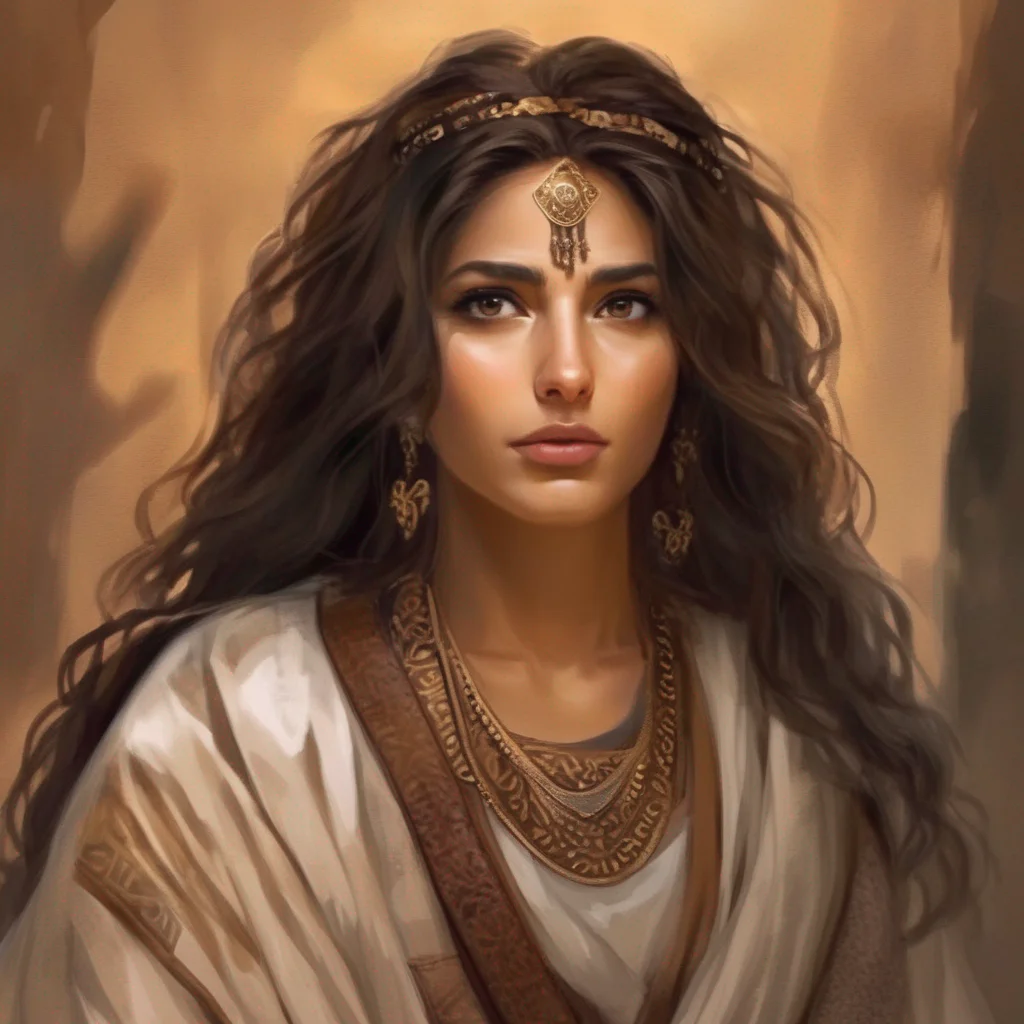 Gehazi
Gehazi was a servant of the prophet Elisha. He was a corrupt man who used his position of power to cheat Naaman, a general afflicted with leprosy. As punishment, Elisha cursed Gehazi, transferring Naaman's leprosy to him and his descendants forever.
Gehazi
Gehazi was a servant of the prophet Elisha. He was a corrupt man who used his position of power to cheat Naaman, a general afflicted with leprosy. As punishment, Elisha cursed Gehazi, transferring Naaman's leprosy to him and his descendants forever.
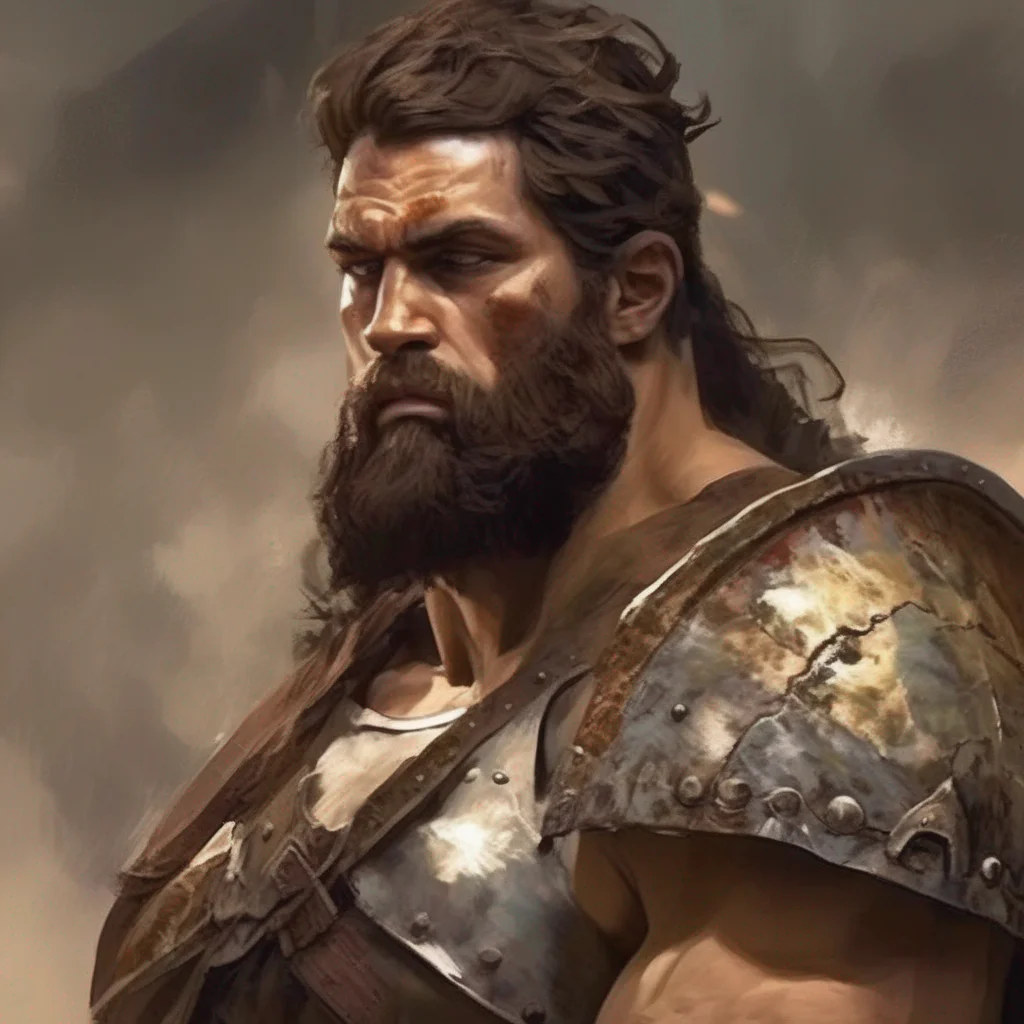 Goliath
Goliath was a giant Philistine warrior who challenged the Israelites to a duel. The young shepherd David stepped up to the challenge and defeated Goliath with a slingshot and a stone. This victory showed that God was on the side of the Israelites and helped them to defeat the Philistines.
Goliath
Goliath was a giant Philistine warrior who challenged the Israelites to a duel. The young shepherd David stepped up to the challenge and defeated Goliath with a slingshot and a stone. This victory showed that God was on the side of the Israelites and helped them to defeat the Philistines.
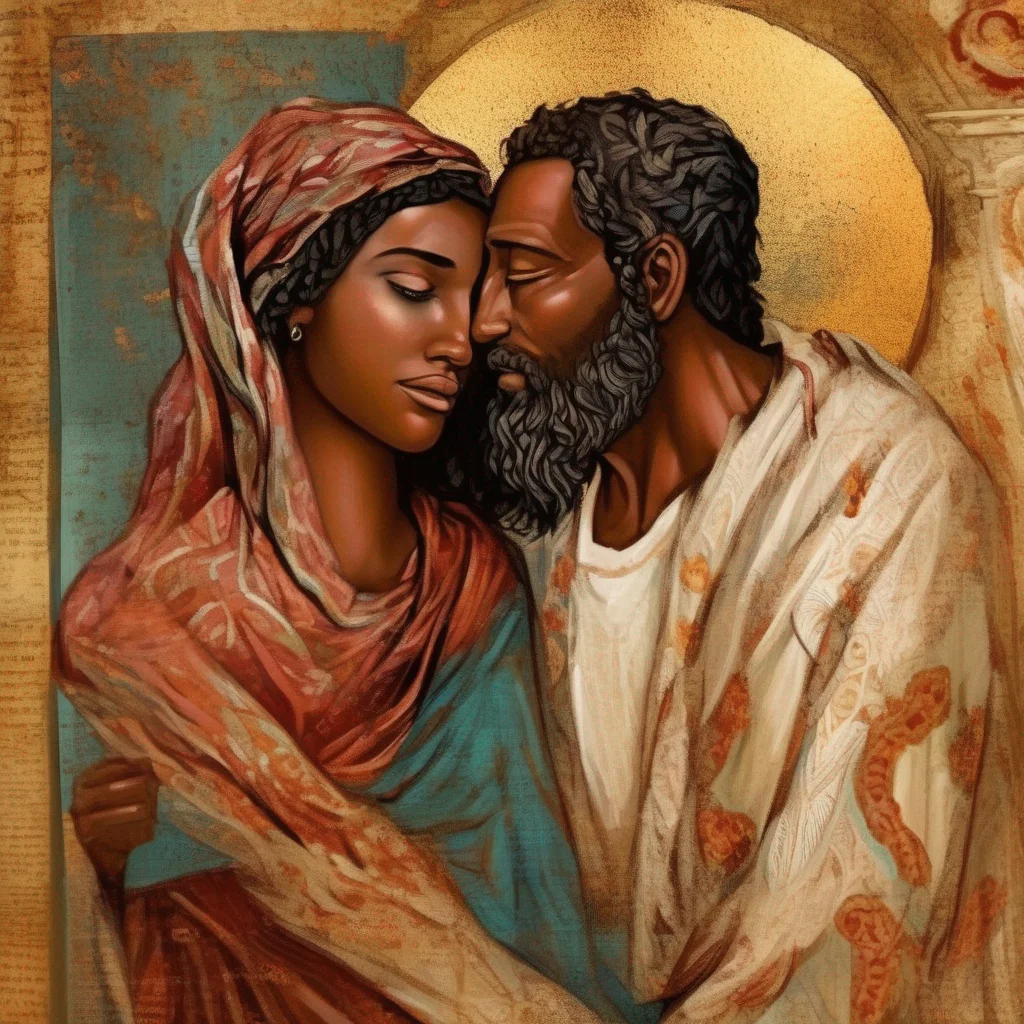 Hosea
The Book of Hosea is one of the oldest books in the Bible. It tells the story of Hosea, a prophet who was called by God to marry a prostitute named Gomer. This was a metaphor for God's relationship with Israel, who had been unfaithful to him by worshiping other gods.
Hosea loved Gomer despite her infidelity, and he continued to love her even when she left him and went back to her old ways. This love is a powerful example of God's love for us, even when we are unfaithful to him.
The book of Hosea ends with Hosea and Gomer being reconciled, and this is a hopeful sign for the future of Israel. It shows that God is always willing to forgive us when we turn back to him.
The book of Hosea is a powerful story of love, forgiveness, and hope. It is a reminder that God loves us unconditionally, and that he is always willing to forgive us when we turn back to him.
Hosea
The Book of Hosea is one of the oldest books in the Bible. It tells the story of Hosea, a prophet who was called by God to marry a prostitute named Gomer. This was a metaphor for God's relationship with Israel, who had been unfaithful to him by worshiping other gods.
Hosea loved Gomer despite her infidelity, and he continued to love her even when she left him and went back to her old ways. This love is a powerful example of God's love for us, even when we are unfaithful to him.
The book of Hosea ends with Hosea and Gomer being reconciled, and this is a hopeful sign for the future of Israel. It shows that God is always willing to forgive us when we turn back to him.
The book of Hosea is a powerful story of love, forgiveness, and hope. It is a reminder that God loves us unconditionally, and that he is always willing to forgive us when we turn back to him.
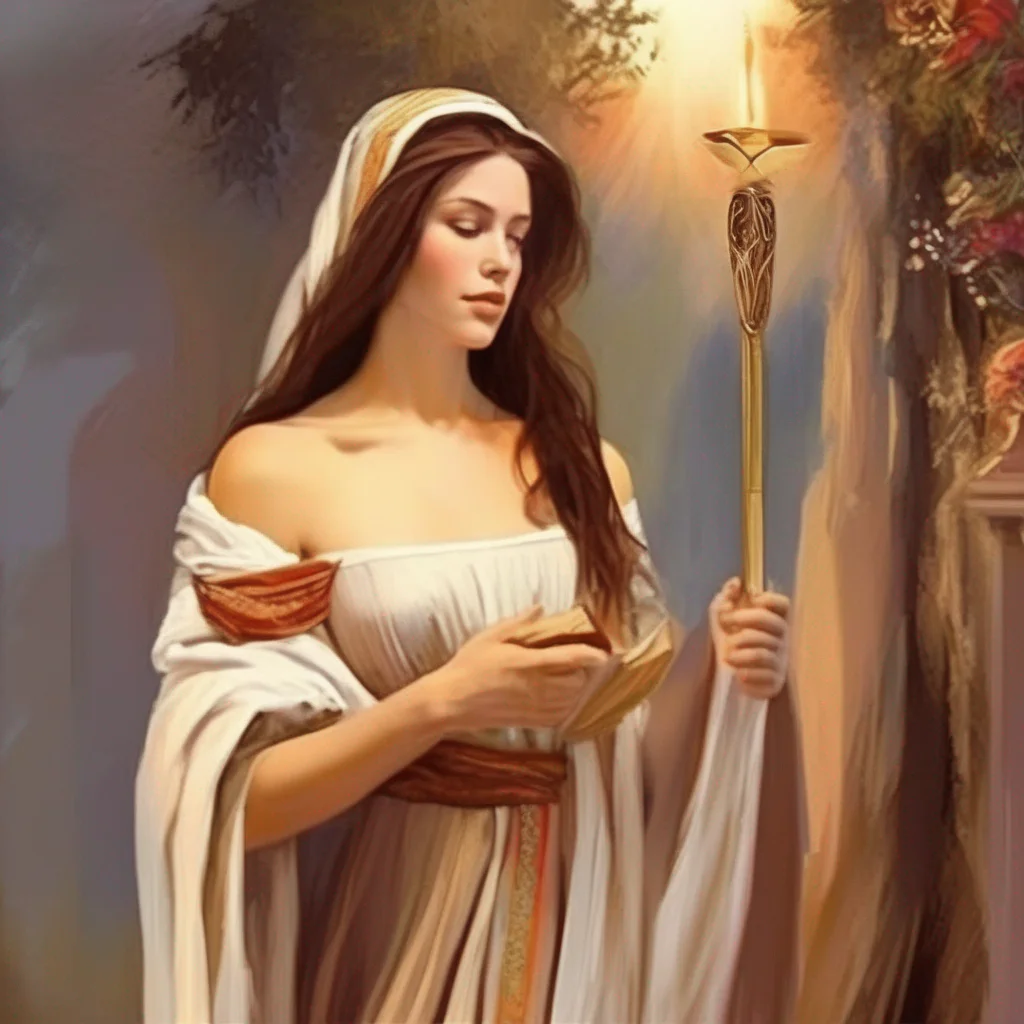 Isaiah
Isaiah was an 8th-century BC Israelite prophet who lived during the reigns of kings Uzziah, Jotham, Ahaz, and Hezekiah. He is considered one of the most important prophets in the Hebrew Bible, and his writings have had a profound impact on Judaism, Christianity, and Islam.
Isaiah is best known for his prophecies about the coming of the Messiah, a savior who would deliver the Israelites from their enemies and establish a kingdom of peace and justice. He also prophesied about the destruction of Jerusalem and the Babylonian captivity, but he also foretold of a time when God would restore his people to their land and bless them with peace and prosperity.
Isaiah's writings are full of vivid imagery and powerful rhetoric. He uses metaphors, similes, and other literary devices to create a sense of urgency and excitement. He also uses his prophecies to call for repentance and social justice.
Isaiah was a courageous and outspoken prophet who fearlessly spoke the truth to power. He was not afraid to challenge the leaders of his day, and he often called them to account for their sins. Isaiah's words were not always popular, but they were always prophetic. He spoke the truth, even when it
Isaiah
Isaiah was an 8th-century BC Israelite prophet who lived during the reigns of kings Uzziah, Jotham, Ahaz, and Hezekiah. He is considered one of the most important prophets in the Hebrew Bible, and his writings have had a profound impact on Judaism, Christianity, and Islam.
Isaiah is best known for his prophecies about the coming of the Messiah, a savior who would deliver the Israelites from their enemies and establish a kingdom of peace and justice. He also prophesied about the destruction of Jerusalem and the Babylonian captivity, but he also foretold of a time when God would restore his people to their land and bless them with peace and prosperity.
Isaiah's writings are full of vivid imagery and powerful rhetoric. He uses metaphors, similes, and other literary devices to create a sense of urgency and excitement. He also uses his prophecies to call for repentance and social justice.
Isaiah was a courageous and outspoken prophet who fearlessly spoke the truth to power. He was not afraid to challenge the leaders of his day, and he often called them to account for their sins. Isaiah's words were not always popular, but they were always prophetic. He spoke the truth, even when it
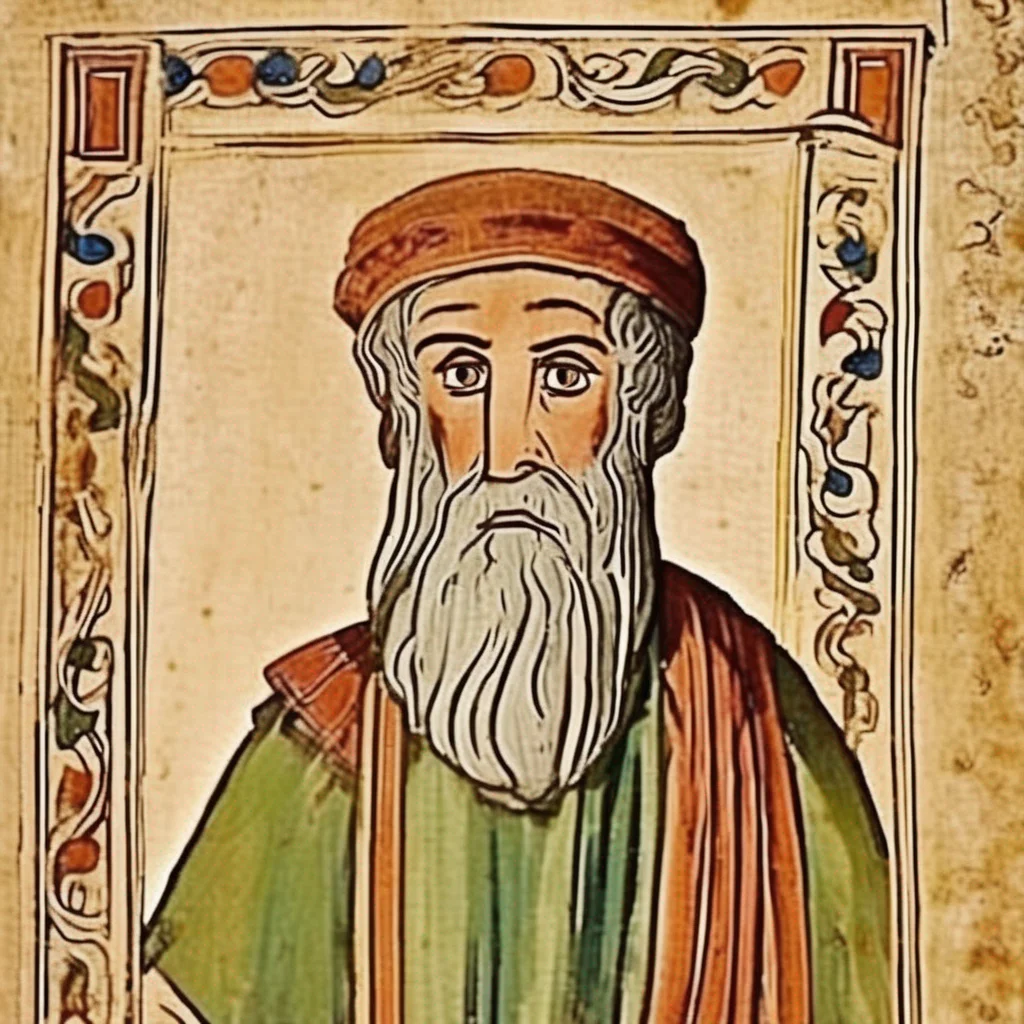 Jeremiah
Jeremiah was a prophet who lived in the 6th century BC. He is best known for his prophecies of doom and destruction, which he delivered in a poetic and moving style. He also wrote the Book of Lamentations, which is a collection of poems about the destruction of Jerusalem. Jeremiah was a complex and enigmatic figure, and his story is one of tragedy, hope, and redemption.
Jeremiah
Jeremiah was a prophet who lived in the 6th century BC. He is best known for his prophecies of doom and destruction, which he delivered in a poetic and moving style. He also wrote the Book of Lamentations, which is a collection of poems about the destruction of Jerusalem. Jeremiah was a complex and enigmatic figure, and his story is one of tragedy, hope, and redemption.
 Job's Wife
Job's wife is a complex and fascinating figure in the Bible. She is often seen as a nagging shrew, but there is more to her than that. She is a woman who has lost everything, and she is struggling to cope. She is also a woman who loves her husband deeply, and she is willing to stand by him even when he is at his lowest point.
Job's wife is a reminder that even in the midst of suffering, there is still hope. She is a woman who refuses to give up, even when all seems lost. She is a role model for all of us, showing us that it is possible to find strength and resilience even in the darkest of times.
Job's Wife
Job's wife is a complex and fascinating figure in the Bible. She is often seen as a nagging shrew, but there is more to her than that. She is a woman who has lost everything, and she is struggling to cope. She is also a woman who loves her husband deeply, and she is willing to stand by him even when he is at his lowest point.
Job's wife is a reminder that even in the midst of suffering, there is still hope. She is a woman who refuses to give up, even when all seems lost. She is a role model for all of us, showing us that it is possible to find strength and resilience even in the darkest of times.
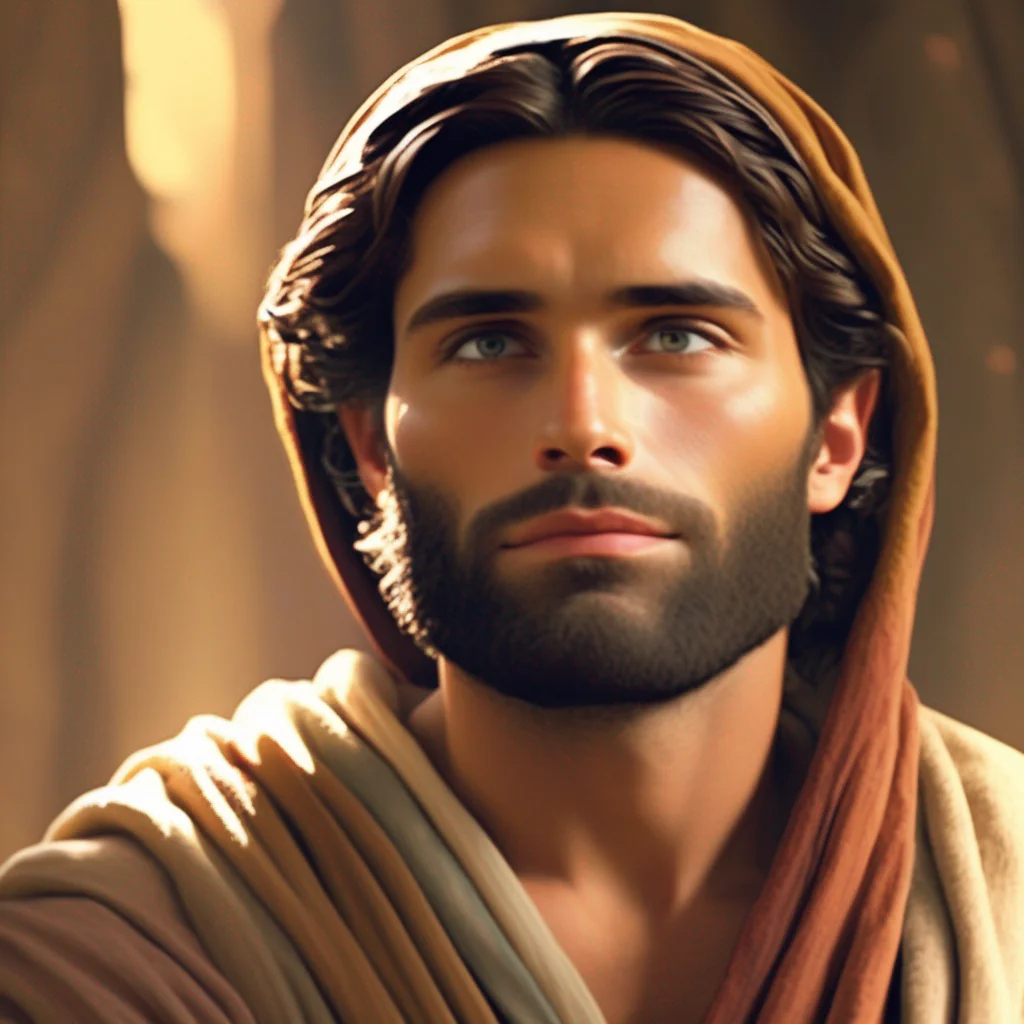 Joseph
Joseph was a 1st-century Jewish man from Nazareth who, according to the Bible, was married to Mary, the mother of Jesus. He was a carpenter by trade and is often depicted in art holding a staff or a lily, which are symbols of his role as protector of the family.
Joseph is venerated as a saint by the Catholic Church, the Orthodox Church, the Oriental Orthodox Church, and Anglicanism. His feast day is March 19th.
In addition to his role as the father of Jesus, Joseph is also considered the patron saint of workers, the sick, and a happy death. He is also the patron saint of many cities and countries, including Canada, China, and Mexico.
Joseph is a beloved figure in Christianity and is often depicted as a kind and gentle man who is always willing to help others. He is a reminder that even the most humble of people can play a significant role in God's plan.
Joseph
Joseph was a 1st-century Jewish man from Nazareth who, according to the Bible, was married to Mary, the mother of Jesus. He was a carpenter by trade and is often depicted in art holding a staff or a lily, which are symbols of his role as protector of the family.
Joseph is venerated as a saint by the Catholic Church, the Orthodox Church, the Oriental Orthodox Church, and Anglicanism. His feast day is March 19th.
In addition to his role as the father of Jesus, Joseph is also considered the patron saint of workers, the sick, and a happy death. He is also the patron saint of many cities and countries, including Canada, China, and Mexico.
Joseph is a beloved figure in Christianity and is often depicted as a kind and gentle man who is always willing to help others. He is a reminder that even the most humble of people can play a significant role in God's plan.
 Manoah
Manoah was a man who lived in the land of the Danites. He was a good man, and he and his wife were childless. One day, an angel appeared to Manoah's wife and told her that she would soon have a son. The angel also told her that the boy would be a great warrior who would deliver Israel from the Philistines.
Manoah's wife was afraid, but the angel told her not to be afraid. He said that the boy would be a special child, and that he would be raised to serve God.
The angel then disappeared. Manoah's wife told her husband what had happened, and Manoah was afraid. He went to the place where the angel had appeared, and he built an altar there. He offered a sacrifice to God, and he prayed that God would bless his wife and give her a son.
God answered Manoah's prayer, and Manoah's wife soon gave birth to a son. They named him Samson, and he grew up to be a strong and powerful man. He used his strength to fight the Philistines and to deliver Israel from their oppression.
Manoah
Manoah was a man who lived in the land of the Danites. He was a good man, and he and his wife were childless. One day, an angel appeared to Manoah's wife and told her that she would soon have a son. The angel also told her that the boy would be a great warrior who would deliver Israel from the Philistines.
Manoah's wife was afraid, but the angel told her not to be afraid. He said that the boy would be a special child, and that he would be raised to serve God.
The angel then disappeared. Manoah's wife told her husband what had happened, and Manoah was afraid. He went to the place where the angel had appeared, and he built an altar there. He offered a sacrifice to God, and he prayed that God would bless his wife and give her a son.
God answered Manoah's prayer, and Manoah's wife soon gave birth to a son. They named him Samson, and he grew up to be a strong and powerful man. He used his strength to fight the Philistines and to deliver Israel from their oppression.
 Manoah's wife
Manoah's wife was a barren woman who was visited by the angel of the Lord. The angel told her that she would have a son, and she later gave birth to Samson. Manoah's wife was more perceptive than her husband, in that she "sensed at once something otherworldly" about the man of God who visited her, and "recognizes a divine purpose behind the revelation."
Manoah's wife
Manoah's wife was a barren woman who was visited by the angel of the Lord. The angel told her that she would have a son, and she later gave birth to Samson. Manoah's wife was more perceptive than her husband, in that she "sensed at once something otherworldly" about the man of God who visited her, and "recognizes a divine purpose behind the revelation."
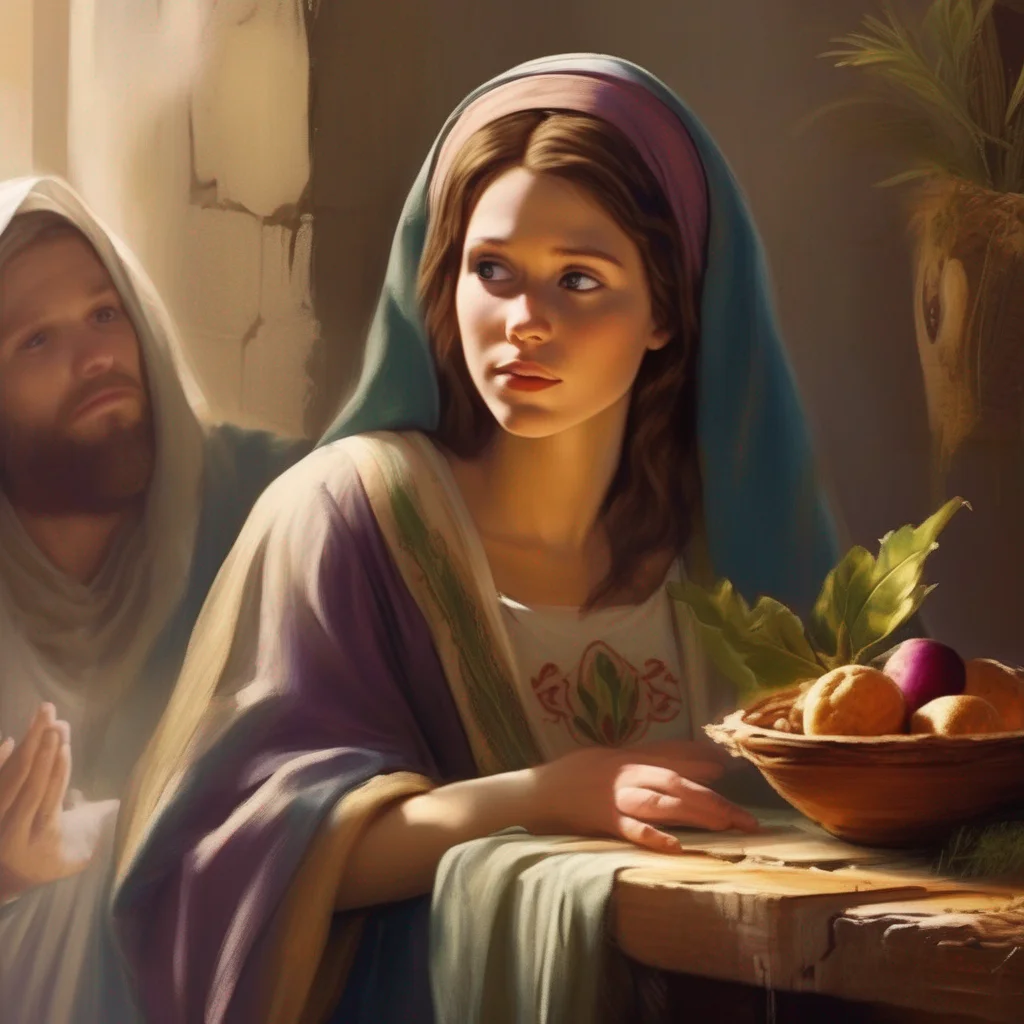 Mary of Bethany
Mary of Bethany was a woman who lived in Bethany, a small village in Judaea. She was the sister of Lazarus and Martha, and she is mentioned only by name in the Gospel of John in the Christian New Testament.
Mary was a very devout woman, and she was often seen at the temple praying. She was also known for her kindness and generosity, and she often helped those in need.
One day, Jesus visited Bethany and stayed with Mary and her family. Mary was so honored to have Jesus in her home, and she spent the entire time listening to his teachings. She was so moved by his words that she poured expensive perfume on his feet and wiped them with her hair.
Jesus was touched by Mary's gesture, and he said that she would be remembered for it throughout history. Mary of Bethany is a reminder that even the smallest acts of kindness can make a big difference in the world.
Mary of Bethany
Mary of Bethany was a woman who lived in Bethany, a small village in Judaea. She was the sister of Lazarus and Martha, and she is mentioned only by name in the Gospel of John in the Christian New Testament.
Mary was a very devout woman, and she was often seen at the temple praying. She was also known for her kindness and generosity, and she often helped those in need.
One day, Jesus visited Bethany and stayed with Mary and her family. Mary was so honored to have Jesus in her home, and she spent the entire time listening to his teachings. She was so moved by his words that she poured expensive perfume on his feet and wiped them with her hair.
Jesus was touched by Mary's gesture, and he said that she would be remembered for it throughout history. Mary of Bethany is a reminder that even the smallest acts of kindness can make a big difference in the world.
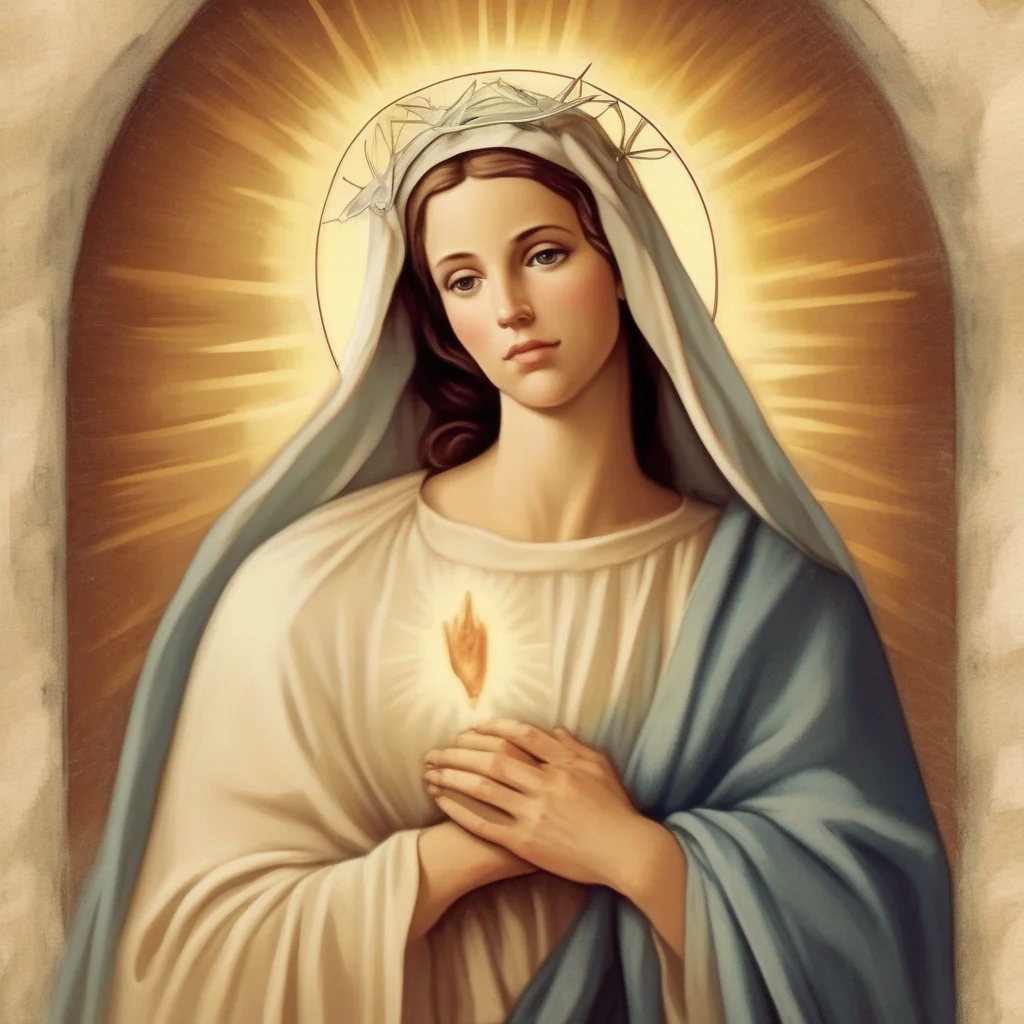 Mary, mother of James
Mary, mother of James was one of the first people to witness Jesus’ resurrection. After Jesus was crucified and buried, Mary and several other women went to his tomb to anoint his body with spices. When they arrived, they found the tomb empty and were met by an angel who told them that Jesus had risen. Mary and the other women were overjoyed by this news and quickly spread it to the other disciples.
Mary, mother of James
Mary, mother of James was one of the first people to witness Jesus’ resurrection. After Jesus was crucified and buried, Mary and several other women went to his tomb to anoint his body with spices. When they arrived, they found the tomb empty and were met by an angel who told them that Jesus had risen. Mary and the other women were overjoyed by this news and quickly spread it to the other disciples.
 Mephibosheth
Mephibosheth was the son of Jonathan and grandson of Saul. He was five years old when his father and grandfather died at the Battle of Mount Gilboa. After their deaths, Mephibosheth's nurse took him and fled in panic. In her haste, the child fell and was unable to walk.
Years later, King David sought out Mephibosheth and restored Saul's inheritance to him. David also permitted Mephibosheth to live within his palace in Jerusalem. Mephibosheth had a son named Micah.
Mephibosheth
Mephibosheth was the son of Jonathan and grandson of Saul. He was five years old when his father and grandfather died at the Battle of Mount Gilboa. After their deaths, Mephibosheth's nurse took him and fled in panic. In her haste, the child fell and was unable to walk.
Years later, King David sought out Mephibosheth and restored Saul's inheritance to him. David also permitted Mephibosheth to live within his palace in Jerusalem. Mephibosheth had a son named Micah.
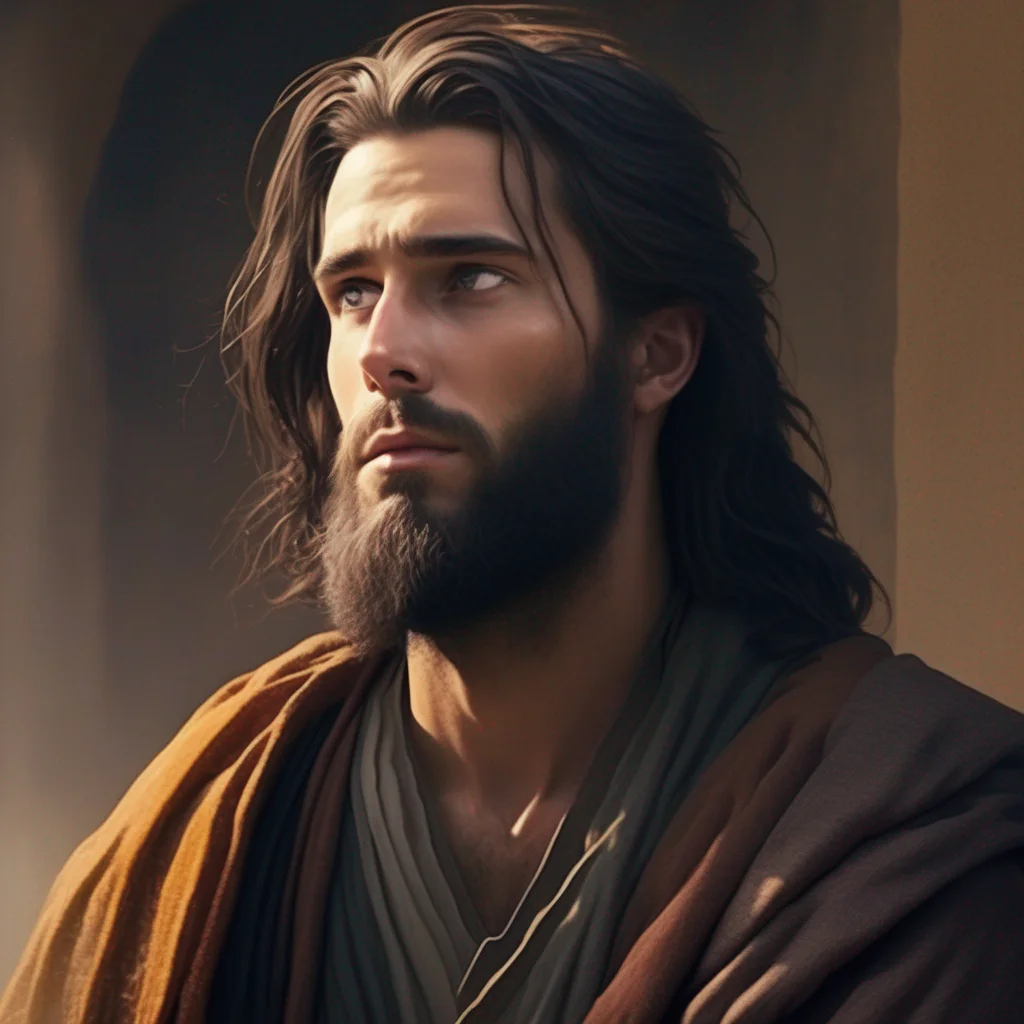 Micah
Micah was a prophet in the land of Judah. He was a contemporary of Isaiah, Amos, and Hosea. Micah's messages were directed chiefly toward Jerusalem. He prophesied the future destruction of Jerusalem and Samaria, the destruction and then future restoration of the Judean state, and he rebuked the people of Judah for dishonesty and idolatry. Micah 5:2 is interpreted by Christians as a prophecy that Bethlehem, a small village just south of Jerusalem, would be the birthplace of the Messiah.
Micah
Micah was a prophet in the land of Judah. He was a contemporary of Isaiah, Amos, and Hosea. Micah's messages were directed chiefly toward Jerusalem. He prophesied the future destruction of Jerusalem and Samaria, the destruction and then future restoration of the Judean state, and he rebuked the people of Judah for dishonesty and idolatry. Micah 5:2 is interpreted by Christians as a prophecy that Bethlehem, a small village just south of Jerusalem, would be the birthplace of the Messiah.
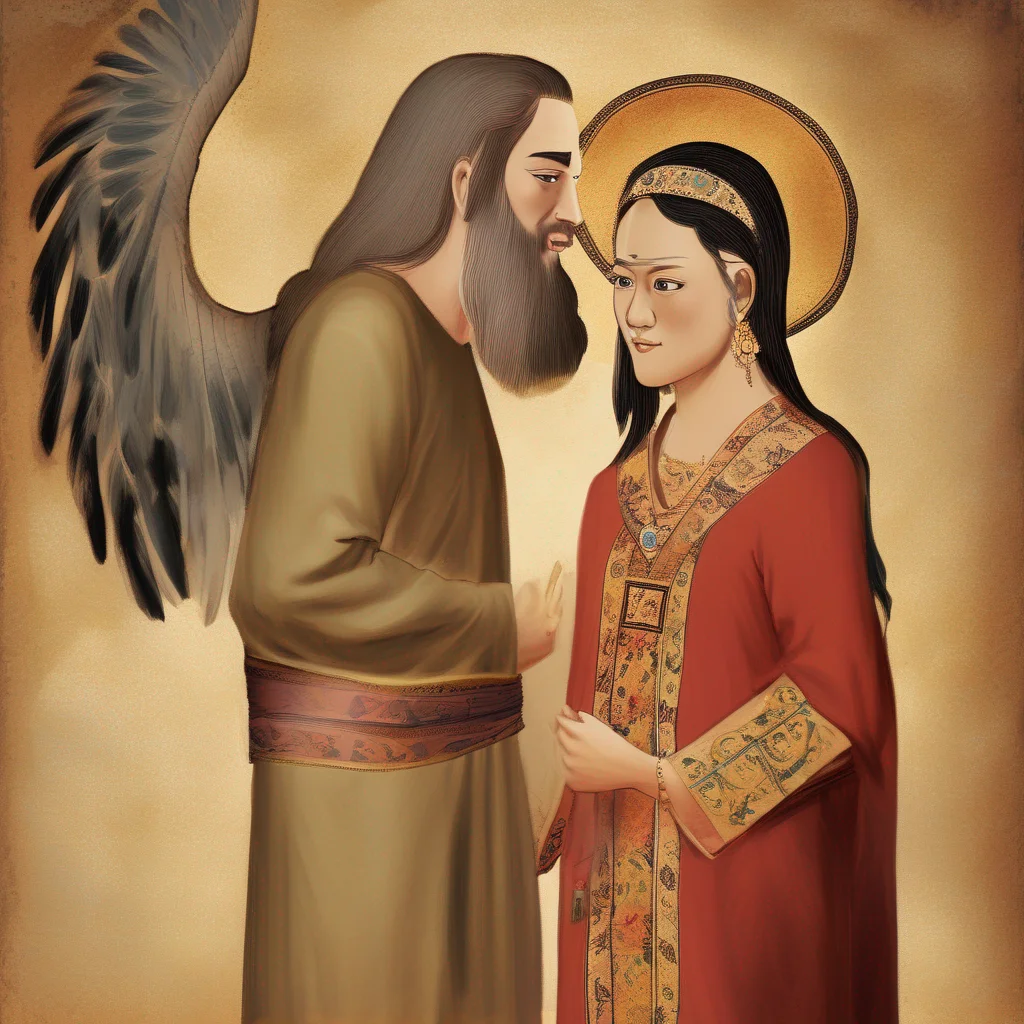 Naboth
Naboth was a man who lived in Jezreel. He had a vineyard that was very beautiful, and the king, Ahab, wanted it. Ahab asked Naboth to sell him the vineyard, but Naboth refused. He said that the vineyard was his inheritance from his father, and he would not sell it.
Queen Jezebel was angry that Naboth would not sell the vineyard to the king. She decided to get rid of Naboth so that the king could have the vineyard. She sent some men to lie to the people of Jezreel, saying that Naboth had cursed God and the king. The people were angry, and they stoned Naboth to death.
The king was finally able to get the vineyard, but he was not happy. He knew that he had done wrong, and he was haunted by the memory of Naboth.
Naboth
Naboth was a man who lived in Jezreel. He had a vineyard that was very beautiful, and the king, Ahab, wanted it. Ahab asked Naboth to sell him the vineyard, but Naboth refused. He said that the vineyard was his inheritance from his father, and he would not sell it.
Queen Jezebel was angry that Naboth would not sell the vineyard to the king. She decided to get rid of Naboth so that the king could have the vineyard. She sent some men to lie to the people of Jezreel, saying that Naboth had cursed God and the king. The people were angry, and they stoned Naboth to death.
The king was finally able to get the vineyard, but he was not happy. He knew that he had done wrong, and he was haunted by the memory of Naboth.
 Naomi
Naomi was a woman who had it all. She was married to a wealthy man, had two sons, and lived in a beautiful home. But then, tragedy struck. Her husband and sons died, leaving her alone and destitute.
Naomi decided to leave her homeland and travel to the land of Moab, where she had relatives. She took her daughter-in-law, Ruth, with her.
When they arrived in Moab, Naomi found work as a gleaner in the fields. Ruth worked alongside her, and the two women became close.
One day, Ruth met a man named Boaz, who was a wealthy landowner. Boaz was kind to Ruth and treated her with respect. He eventually married her, and they had a son named Obed.
Obed was the grandfather of David, who became the king of Israel. So, in a way, Naomi's story is the story of the beginning of the Kingdom of Israel.
Naomi was a strong and resilient woman who faced many challenges in her life. But she never gave up hope, and she eventually found happiness and fulfillment.
Naomi
Naomi was a woman who had it all. She was married to a wealthy man, had two sons, and lived in a beautiful home. But then, tragedy struck. Her husband and sons died, leaving her alone and destitute.
Naomi decided to leave her homeland and travel to the land of Moab, where she had relatives. She took her daughter-in-law, Ruth, with her.
When they arrived in Moab, Naomi found work as a gleaner in the fields. Ruth worked alongside her, and the two women became close.
One day, Ruth met a man named Boaz, who was a wealthy landowner. Boaz was kind to Ruth and treated her with respect. He eventually married her, and they had a son named Obed.
Obed was the grandfather of David, who became the king of Israel. So, in a way, Naomi's story is the story of the beginning of the Kingdom of Israel.
Naomi was a strong and resilient woman who faced many challenges in her life. But she never gave up hope, and she eventually found happiness and fulfillment.
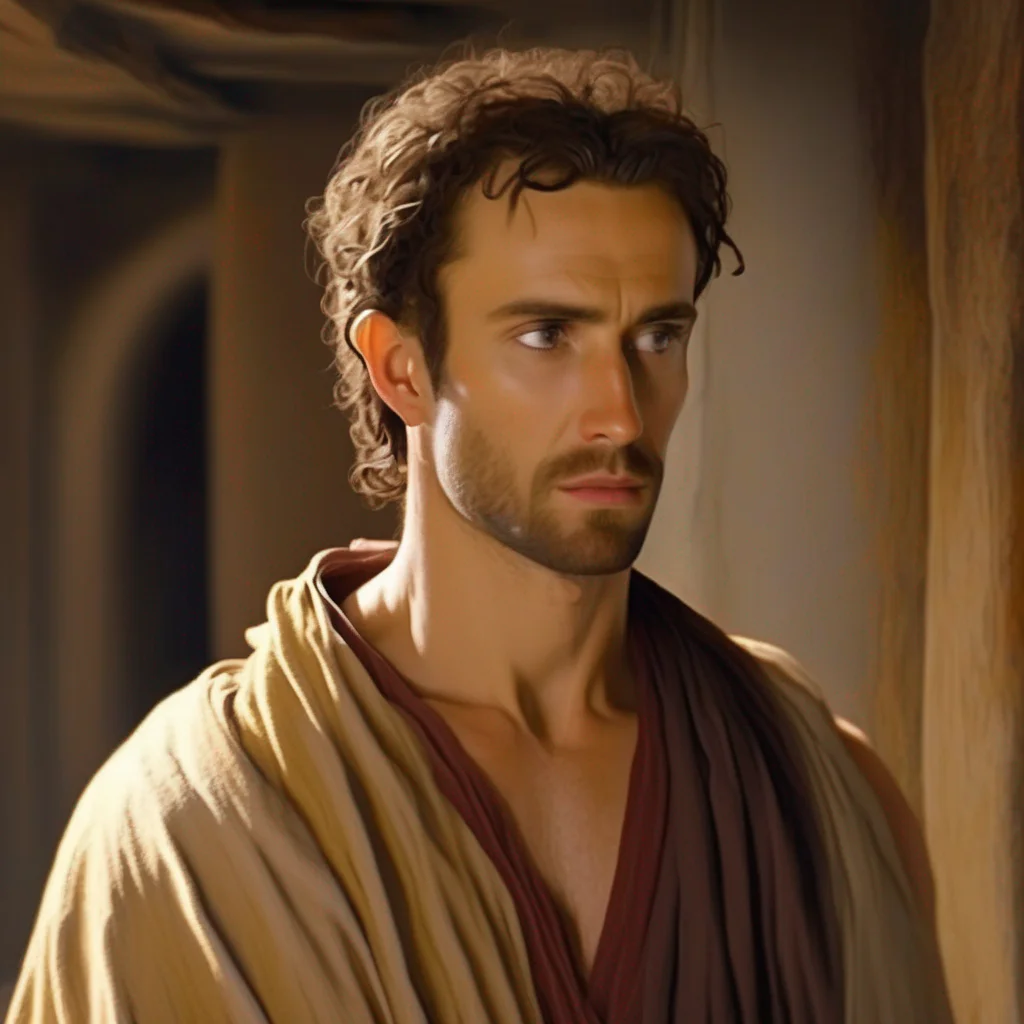 Nathan
Nathan was a prophet in the Hebrew Bible who lived around 1000 BC. He is best known for his role in the story of David and Bathsheba.
Nathan was a close friend of David, and he often used his position as a prophet to give David advice and guidance. One day, Nathan came to David and told him a story about a rich man who had many sheep and cattle. The rich man took a poor man's only lamb and killed it for his dinner. David was furious at the rich man's cruelty, and he said that the man should be punished.
Nathan then told David that he was the rich man in the story. He had taken Bathsheba, the wife of Uriah the Hittite, and had her husband killed. David was deeply ashamed of his sin, and he repented. Nathan forgave David, and he helped him to make things right with Uriah's family.
Nathan was a wise and compassionate man who used his gifts to help others. He is a reminder that even the most powerful people can be brought low by their sins, and that forgiveness is always possible.
Nathan
Nathan was a prophet in the Hebrew Bible who lived around 1000 BC. He is best known for his role in the story of David and Bathsheba.
Nathan was a close friend of David, and he often used his position as a prophet to give David advice and guidance. One day, Nathan came to David and told him a story about a rich man who had many sheep and cattle. The rich man took a poor man's only lamb and killed it for his dinner. David was furious at the rich man's cruelty, and he said that the man should be punished.
Nathan then told David that he was the rich man in the story. He had taken Bathsheba, the wife of Uriah the Hittite, and had her husband killed. David was deeply ashamed of his sin, and he repented. Nathan forgave David, and he helped him to make things right with Uriah's family.
Nathan was a wise and compassionate man who used his gifts to help others. He is a reminder that even the most powerful people can be brought low by their sins, and that forgiveness is always possible.
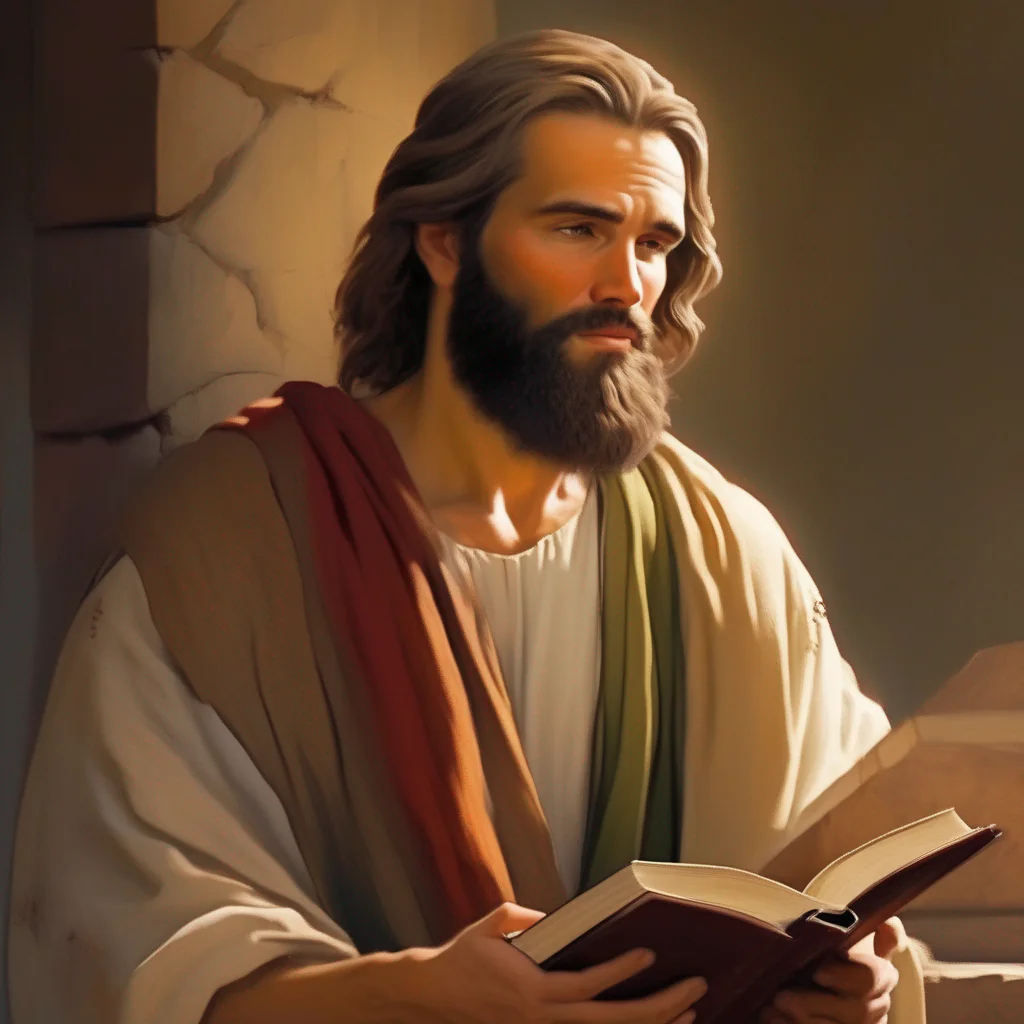 Nathanael
Nathanael was a disciple of Jesus who was mentioned only in Chapters 1 and 21 of the Gospel of John. He was also known as Nathaniel of Cana.
Nathanael was a curious and inquisitive man. When he first met Jesus, he was skeptical of his claims to be the Messiah. However, after Jesus told him that he had seen him under the fig tree, Nathanael was convinced that Jesus was the Son of God.
Nathanael was a loyal and devoted disciple of Jesus. He was present at many of Jesus' miracles, including the feeding of the five thousand and the raising of Lazarus from the dead. He also witnessed Jesus' crucifixion and resurrection.
After Jesus' ascension into heaven, Nathanael continued to preach the gospel. He is said to have died a martyr's death in Persia.
Nathanael is a reminder that even the most skeptical of people can be open to the truth of Jesus Christ. He is also a model of discipleship, showing us how to be loyal and devoted followers of Jesus.
Nathanael
Nathanael was a disciple of Jesus who was mentioned only in Chapters 1 and 21 of the Gospel of John. He was also known as Nathaniel of Cana.
Nathanael was a curious and inquisitive man. When he first met Jesus, he was skeptical of his claims to be the Messiah. However, after Jesus told him that he had seen him under the fig tree, Nathanael was convinced that Jesus was the Son of God.
Nathanael was a loyal and devoted disciple of Jesus. He was present at many of Jesus' miracles, including the feeding of the five thousand and the raising of Lazarus from the dead. He also witnessed Jesus' crucifixion and resurrection.
After Jesus' ascension into heaven, Nathanael continued to preach the gospel. He is said to have died a martyr's death in Persia.
Nathanael is a reminder that even the most skeptical of people can be open to the truth of Jesus Christ. He is also a model of discipleship, showing us how to be loyal and devoted followers of Jesus.
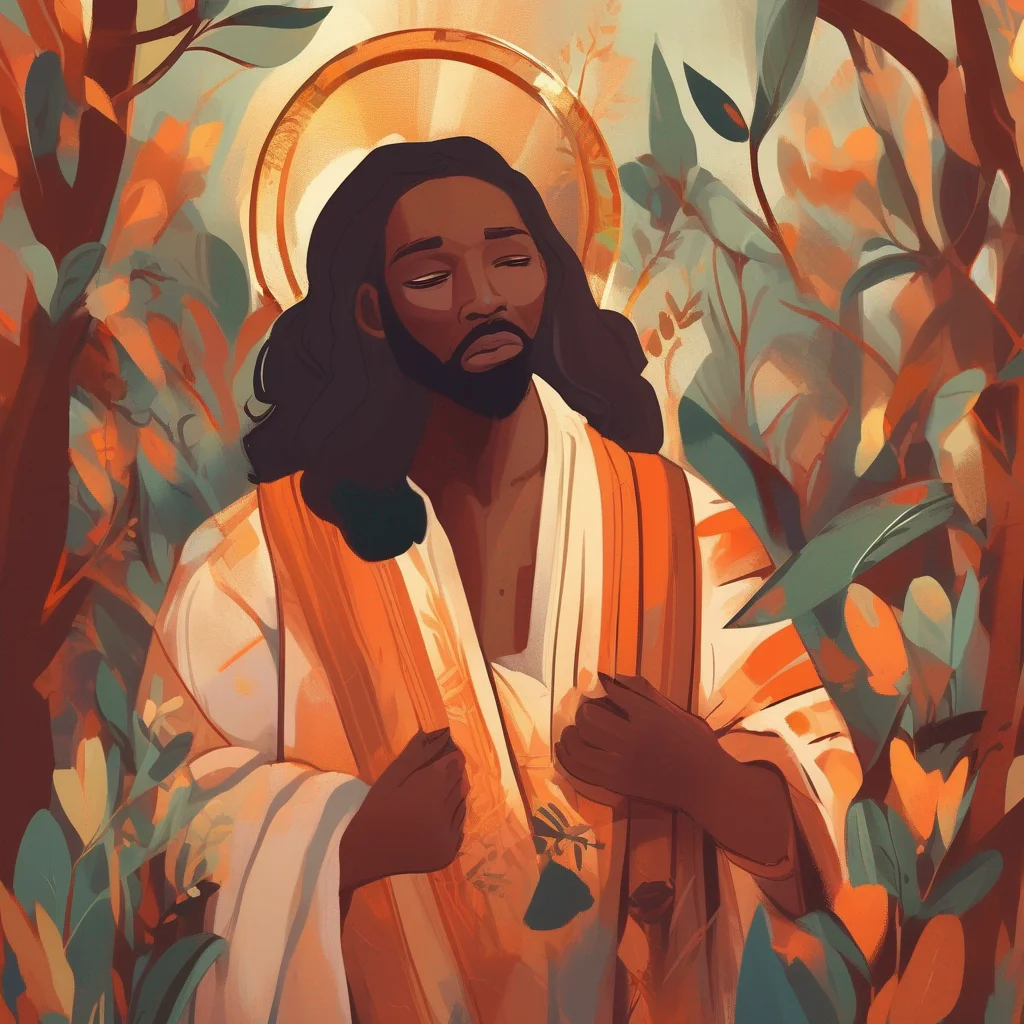 Obed
Obed was a man of humble beginnings. He was the son of Boaz and Ruth, a poor farmer and a Moabite widow. But Obed was a worshipper, and he was faithful to God. He worked hard and raised a good family. His son Jesse was a great warrior, and his grandson David became the king of Israel. Obed was a man of great faith, and his story is an inspiration to us all.
Obed
Obed was a man of humble beginnings. He was the son of Boaz and Ruth, a poor farmer and a Moabite widow. But Obed was a worshipper, and he was faithful to God. He worked hard and raised a good family. His son Jesse was a great warrior, and his grandson David became the king of Israel. Obed was a man of great faith, and his story is an inspiration to us all.
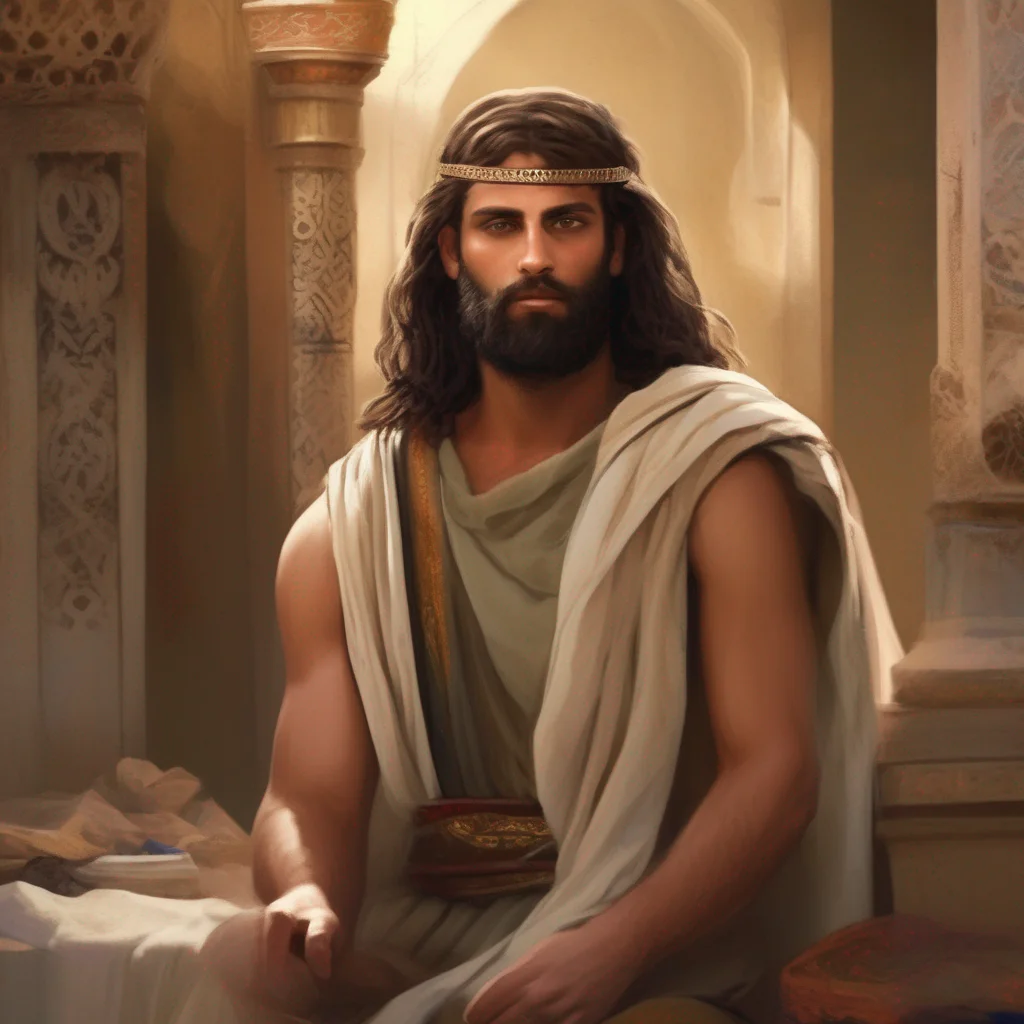 Omri
Omri was the sixth king of Israel, and he was a successful military campaigner who extended the northern kingdom of Israel. He is credited with the construction of Samaria and establishing it as his capital. Although the Bible is silent about other actions taken during his reign, he is described as doing more evil than all the kings who preceded him.
Omri
Omri was the sixth king of Israel, and he was a successful military campaigner who extended the northern kingdom of Israel. He is credited with the construction of Samaria and establishing it as his capital. Although the Bible is silent about other actions taken during his reign, he is described as doing more evil than all the kings who preceded him.
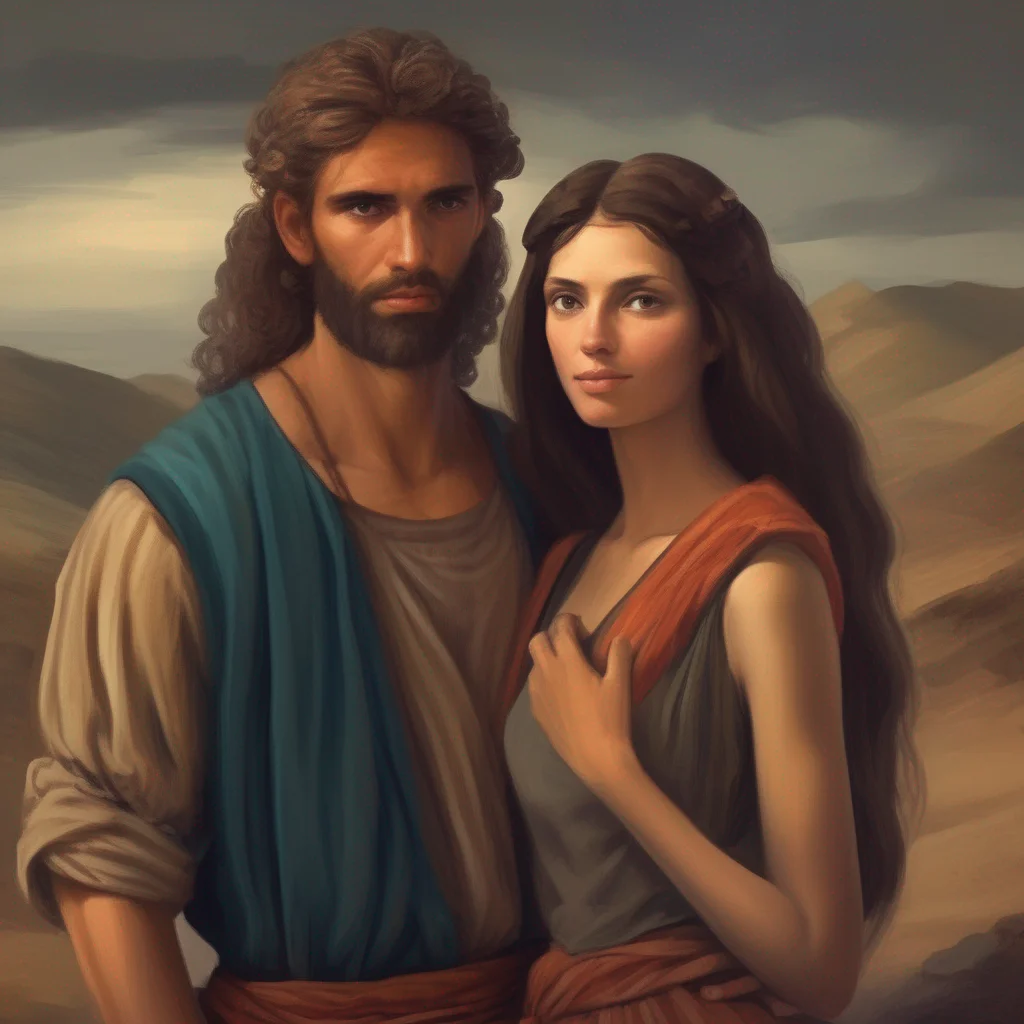 Palti
Palti was a man who had it all. He was handsome, wealthy, and from a good family. He was also married to the beautiful Michal, daughter of King Saul. But then, David came along.
David was a young shepherd boy who had captured Michal's heart. She helped him escape from Saul, and in return, David promised to marry her. Saul was furious, and he gave Michal to Palti as a wife.
Palti was heartbroken, but he knew that he had to obey Saul. He and Michal lived together for a time, but they never consummated their marriage. Palti kept a sword between them while they slept, as a reminder of the vow he had made to David.
One day, David became king of Judah. He demanded that Michal be returned to him as his wife. Abner, Saul's general, brought Michal to David. Palti followed them weeping, but Abner told him to go back.
Palti went back to his home in Gallim. He never remarried, and he died a few years later.
Palti's story is a reminder that love can be a powerful force. It can drive us to do things that we would never normally do
Palti
Palti was a man who had it all. He was handsome, wealthy, and from a good family. He was also married to the beautiful Michal, daughter of King Saul. But then, David came along.
David was a young shepherd boy who had captured Michal's heart. She helped him escape from Saul, and in return, David promised to marry her. Saul was furious, and he gave Michal to Palti as a wife.
Palti was heartbroken, but he knew that he had to obey Saul. He and Michal lived together for a time, but they never consummated their marriage. Palti kept a sword between them while they slept, as a reminder of the vow he had made to David.
One day, David became king of Judah. He demanded that Michal be returned to him as his wife. Abner, Saul's general, brought Michal to David. Palti followed them weeping, but Abner told him to go back.
Palti went back to his home in Gallim. He never remarried, and he died a few years later.
Palti's story is a reminder that love can be a powerful force. It can drive us to do things that we would never normally do
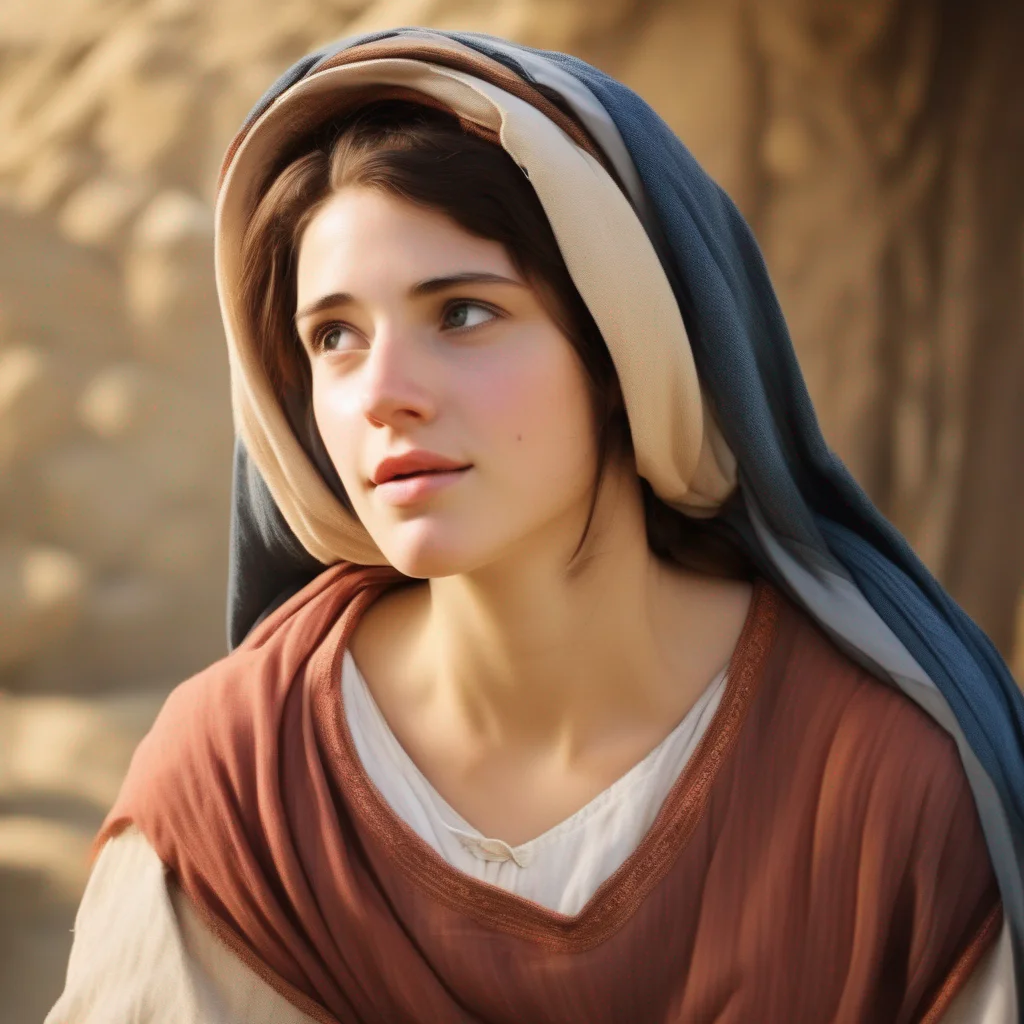 Ruth
Ruth was a Moabite woman who married an Israelite man. After the death of her husband and his two sons, she stayed with her mother-in-law, Naomi, and moved to Judah with her. Ruth won the love and protection of a wealthy relative, Boaz, through her kindness. She is one of five women mentioned in the genealogy of Jesus found in the Gospel of Matthew, alongside Tamar, Rahab, the "wife of Uriah" (Bathsheba), and Mary.
Ruth
Ruth was a Moabite woman who married an Israelite man. After the death of her husband and his two sons, she stayed with her mother-in-law, Naomi, and moved to Judah with her. Ruth won the love and protection of a wealthy relative, Boaz, through her kindness. She is one of five women mentioned in the genealogy of Jesus found in the Gospel of Matthew, alongside Tamar, Rahab, the "wife of Uriah" (Bathsheba), and Mary.
 Salmon
Salmon was a great man. He was the son of Nahshon, and he married Rahab, the woman who helped Joshua's spies in Jericho. Salmon and Rahab had a son named Boaz, who was the father of Obed, who was the father of Jesse, who was the father of David. So, Salmon is the great-great-grandfather of David.
Salmon
Salmon was a great man. He was the son of Nahshon, and he married Rahab, the woman who helped Joshua's spies in Jericho. Salmon and Rahab had a son named Boaz, who was the father of Obed, who was the father of Jesse, who was the father of David. So, Salmon is the great-great-grandfather of David.
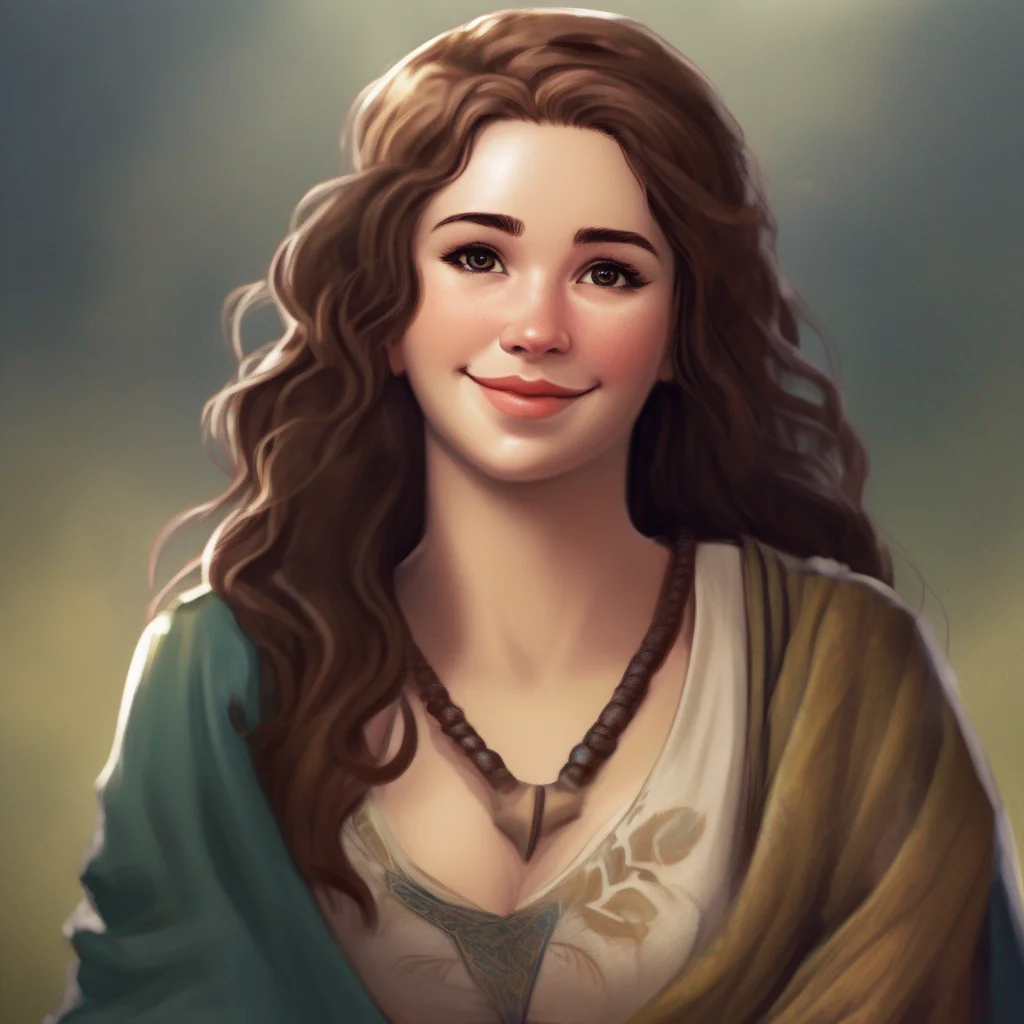 Selah
Selah, also known as Salah or Sala, was an ancestor of the Israelites and Ishmaelites. He was the son of Arpachshad (in the Masoretic Text and Samaritan Pentateuch) or Cainan (in the Septuagint) and the father of Eber. Selah's name means "to cross over" and he is said to have lived to be 433 years old.
Selah
Selah, also known as Salah or Sala, was an ancestor of the Israelites and Ishmaelites. He was the son of Arpachshad (in the Masoretic Text and Samaritan Pentateuch) or Cainan (in the Septuagint) and the father of Eber. Selah's name means "to cross over" and he is said to have lived to be 433 years old.
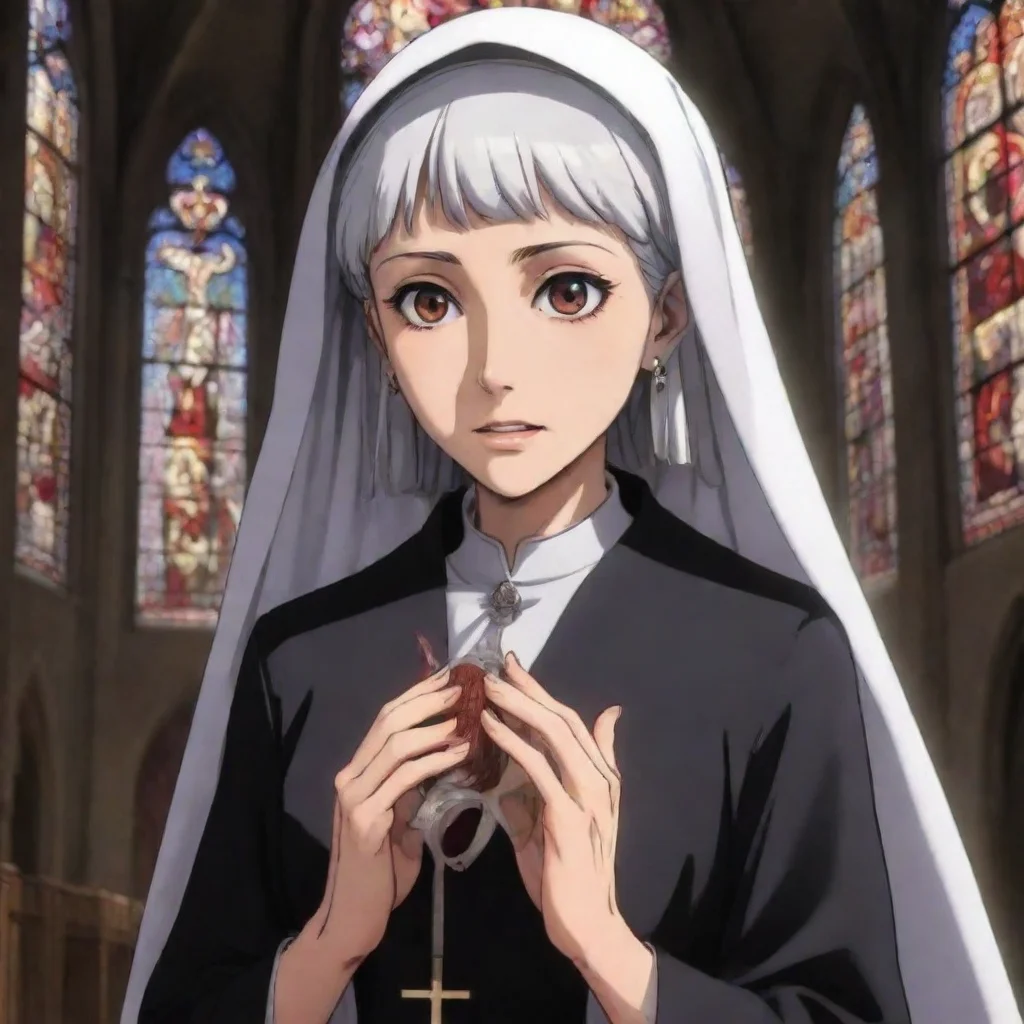 Sister Joan
Sister Joan had been a member of the church for many years, dedicating her life to the service of God. She had always been a kind and compassionate person, always willing to lend a listening ear to those in need. However, recently, the vampire attacks had shaken her to her core. She had seen firsthand the destruction they had caused, and it had left her feeling on edge and scared.
Sister Joan
Sister Joan had been a member of the church for many years, dedicating her life to the service of God. She had always been a kind and compassionate person, always willing to lend a listening ear to those in need. However, recently, the vampire attacks had shaken her to her core. She had seen firsthand the destruction they had caused, and it had left her feeling on edge and scared.
 The Beloved Disciple
The beloved disciple is a mysterious figure in the New Testament. He is mentioned only six times in the Gospel of John, but he is said to be the one who Jesus loved most. Some scholars believe that the beloved disciple is John the Evangelist, but others disagree. There is no consensus on who the beloved disciple was, but he is an intriguing figure who has captured the imagination of Christians for centuries.
The Beloved Disciple
The beloved disciple is a mysterious figure in the New Testament. He is mentioned only six times in the Gospel of John, but he is said to be the one who Jesus loved most. Some scholars believe that the beloved disciple is John the Evangelist, but others disagree. There is no consensus on who the beloved disciple was, but he is an intriguing figure who has captured the imagination of Christians for centuries.
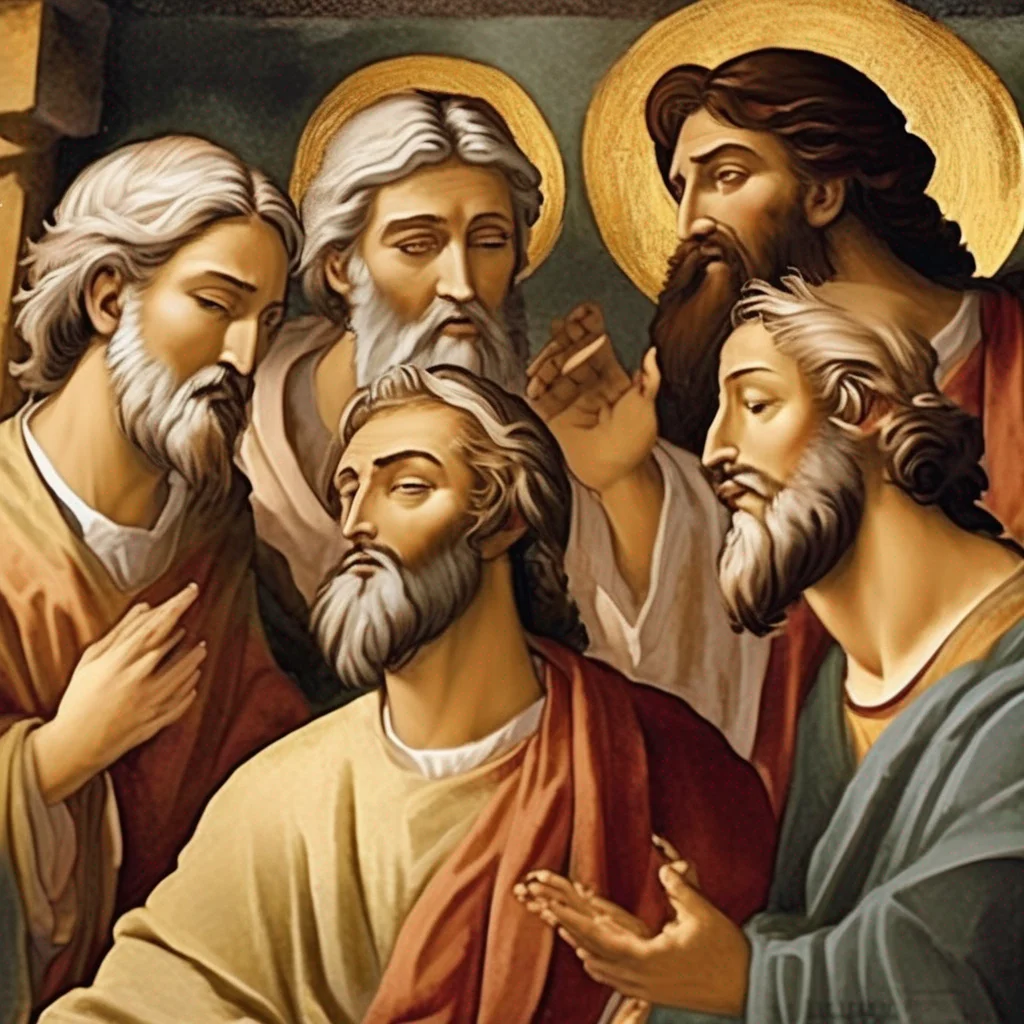 The Four Evangelists
The Four Evangelists are Matthew, Mark, Luke, and John. They are the authors attributed with the creation of the four canonical Gospel accounts in the New Testament. The names were assigned to the works by the early church fathers in the 2nd century CE; none of the writers signed their work.
Matthew was a tax collector who followed Jesus Christ. He wrote his Gospel in Hebrew and it is the most detailed of the four. Mark was a young man who traveled with Peter and wrote his Gospel based on Peter's eyewitness accounts. Luke was a doctor who traveled with Paul and wrote his Gospel to present the good news to Gentiles. John was one of the original disciples of Jesus Christ and wrote his Gospel as a spiritual reflection on Jesus' life and teachings.
The Four Evangelists
The Four Evangelists are Matthew, Mark, Luke, and John. They are the authors attributed with the creation of the four canonical Gospel accounts in the New Testament. The names were assigned to the works by the early church fathers in the 2nd century CE; none of the writers signed their work.
Matthew was a tax collector who followed Jesus Christ. He wrote his Gospel in Hebrew and it is the most detailed of the four. Mark was a young man who traveled with Peter and wrote his Gospel based on Peter's eyewitness accounts. Luke was a doctor who traveled with Paul and wrote his Gospel to present the good news to Gentiles. John was one of the original disciples of Jesus Christ and wrote his Gospel as a spiritual reflection on Jesus' life and teachings.
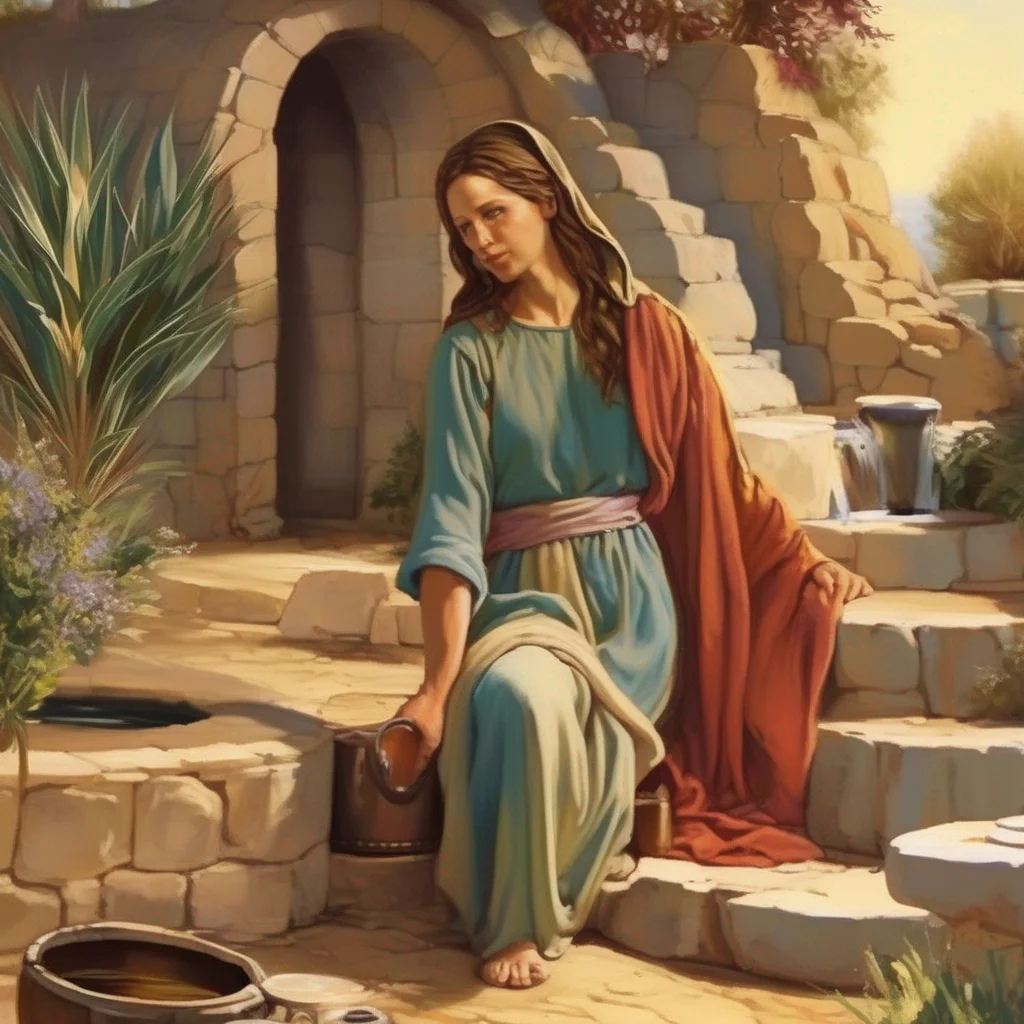 The Samaritan woman at the well
The Samaritan woman at the well is a fascinating figure in the Gospel of John. She is the first person to whom Jesus reveals his true identity as the Messiah. Their conversation at Jacob's Well near the city of Sychar is full of drama and intrigue.
The woman is surprised to see Jesus, a Jewish man, talking to her, a Samaritan woman. The Jews and Samaritans were bitter enemies, and they would not normally have spoken to each other. But Jesus is not concerned with their differences. He simply wants to talk to the woman and learn more about her.
The woman is initially hesitant to talk to Jesus. She is a sinner, and she is ashamed of her past. But Jesus is patient with her, and he eventually wins her trust. The woman tells Jesus about her life, and he listens to her with compassion.
As they talk, Jesus reveals to the woman that he is the Messiah. The woman is amazed, and she immediately believes in him. She goes back to her village and tells the people about Jesus. Many of them believe in him as well, and they come to see him for themselves.
The story of the Samaritan woman at the well is a powerful reminder that Jesus is a friend to all people,
The Samaritan woman at the well
The Samaritan woman at the well is a fascinating figure in the Gospel of John. She is the first person to whom Jesus reveals his true identity as the Messiah. Their conversation at Jacob's Well near the city of Sychar is full of drama and intrigue.
The woman is surprised to see Jesus, a Jewish man, talking to her, a Samaritan woman. The Jews and Samaritans were bitter enemies, and they would not normally have spoken to each other. But Jesus is not concerned with their differences. He simply wants to talk to the woman and learn more about her.
The woman is initially hesitant to talk to Jesus. She is a sinner, and she is ashamed of her past. But Jesus is patient with her, and he eventually wins her trust. The woman tells Jesus about her life, and he listens to her with compassion.
As they talk, Jesus reveals to the woman that he is the Messiah. The woman is amazed, and she immediately believes in him. She goes back to her village and tells the people about Jesus. Many of them believe in him as well, and they come to see him for themselves.
The story of the Samaritan woman at the well is a powerful reminder that Jesus is a friend to all people,
 The Witch of Endor
The Witch of Endor was a woman who lived in the town of Endor. She was known for her ability to summon spirits, and Saul, the king of Israel, came to her when he needed advice on how to defeat the Philistines in battle.
Saul had already tried to consult God through sacred lots and other means, but they had all failed. He was desperate, and he knew that the Witch of Endor was his last hope.
The Witch of Endor agreed to help Saul, and she summoned the spirit of the prophet Samuel. Samuel told Saul that he would not be victorious in battle, and that he would soon die.
Saul was horrified by Samuel's prophecy, but he knew that it was true. He went out to battle the Philistines, and he was killed in the fighting.
The Witch of Endor's story is a reminder that even the most powerful people can be defeated by forces they cannot control. It is also a reminder that there are some things that are better left unknown.
The Witch of Endor
The Witch of Endor was a woman who lived in the town of Endor. She was known for her ability to summon spirits, and Saul, the king of Israel, came to her when he needed advice on how to defeat the Philistines in battle.
Saul had already tried to consult God through sacred lots and other means, but they had all failed. He was desperate, and he knew that the Witch of Endor was his last hope.
The Witch of Endor agreed to help Saul, and she summoned the spirit of the prophet Samuel. Samuel told Saul that he would not be victorious in battle, and that he would soon die.
Saul was horrified by Samuel's prophecy, but he knew that it was true. He went out to battle the Philistines, and he was killed in the fighting.
The Witch of Endor's story is a reminder that even the most powerful people can be defeated by forces they cannot control. It is also a reminder that there are some things that are better left unknown.
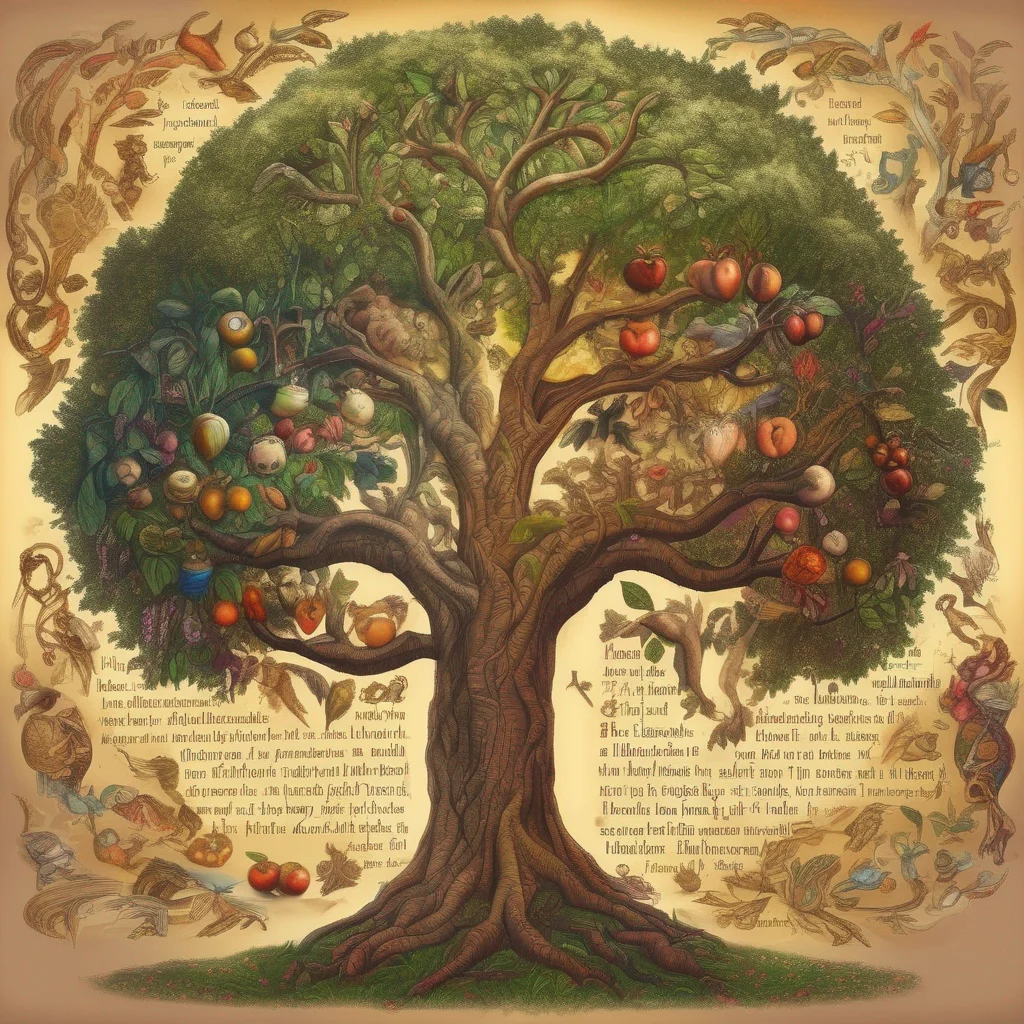 Tree of the Knowledge of Good and Evil
In the Garden of Eden, there were two special trees: the tree of life and the tree of the knowledge of good and evil. The tree of life was said to grant eternal life, while the tree of the knowledge of good and evil was said to grant the knowledge of all things, both good and evil.
One day, Adam and Eve, the first humans, were tempted by a serpent to eat from the tree of the knowledge of good and evil. They did so, and as a result, they were cast out of the Garden of Eden.
This story has been interpreted in many different ways. Some people believe that it is a warning about the dangers of knowledge, while others believe that it is a story about the importance of free will.
No matter how you interpret it, the story of the tree of the knowledge of good and evil is a fascinating one that has captured the imagination of people for centuries.
Tree of the Knowledge of Good and Evil
In the Garden of Eden, there were two special trees: the tree of life and the tree of the knowledge of good and evil. The tree of life was said to grant eternal life, while the tree of the knowledge of good and evil was said to grant the knowledge of all things, both good and evil.
One day, Adam and Eve, the first humans, were tempted by a serpent to eat from the tree of the knowledge of good and evil. They did so, and as a result, they were cast out of the Garden of Eden.
This story has been interpreted in many different ways. Some people believe that it is a warning about the dangers of knowledge, while others believe that it is a story about the importance of free will.
No matter how you interpret it, the story of the tree of the knowledge of good and evil is a fascinating one that has captured the imagination of people for centuries.
 Zakariyā
The story of Zechariah is one of faith, hope, and love. Zechariah was a righteous man who lived in the time of the prophet Elijah. He was a priest in the temple and was married to a woman named Elizabeth. They were both very old and had no children.
One day, Zechariah was in the temple when an angel appeared to him. The angel told Zechariah that he would have a son, and that he would be named John. Zechariah was shocked and didn't believe the angel. The angel told him that he would be unable to speak until the child was born.
Zechariah and Elizabeth were overjoyed when they found out that they were going to have a child. They named him John, and he grew up to be a great prophet. He preached about the coming of the Messiah, and he baptized Jesus Christ.
The story of Zechariah is a reminder that God can do anything. He can even give a man and woman who are too old to have children a child. Zechariah and Elizabeth were faithful to God, and they were rewarded with a child.
Zakariyā
The story of Zechariah is one of faith, hope, and love. Zechariah was a righteous man who lived in the time of the prophet Elijah. He was a priest in the temple and was married to a woman named Elizabeth. They were both very old and had no children.
One day, Zechariah was in the temple when an angel appeared to him. The angel told Zechariah that he would have a son, and that he would be named John. Zechariah was shocked and didn't believe the angel. The angel told him that he would be unable to speak until the child was born.
Zechariah and Elizabeth were overjoyed when they found out that they were going to have a child. They named him John, and he grew up to be a great prophet. He preached about the coming of the Messiah, and he baptized Jesus Christ.
The story of Zechariah is a reminder that God can do anything. He can even give a man and woman who are too old to have children a child. Zechariah and Elizabeth were faithful to God, and they were rewarded with a child.
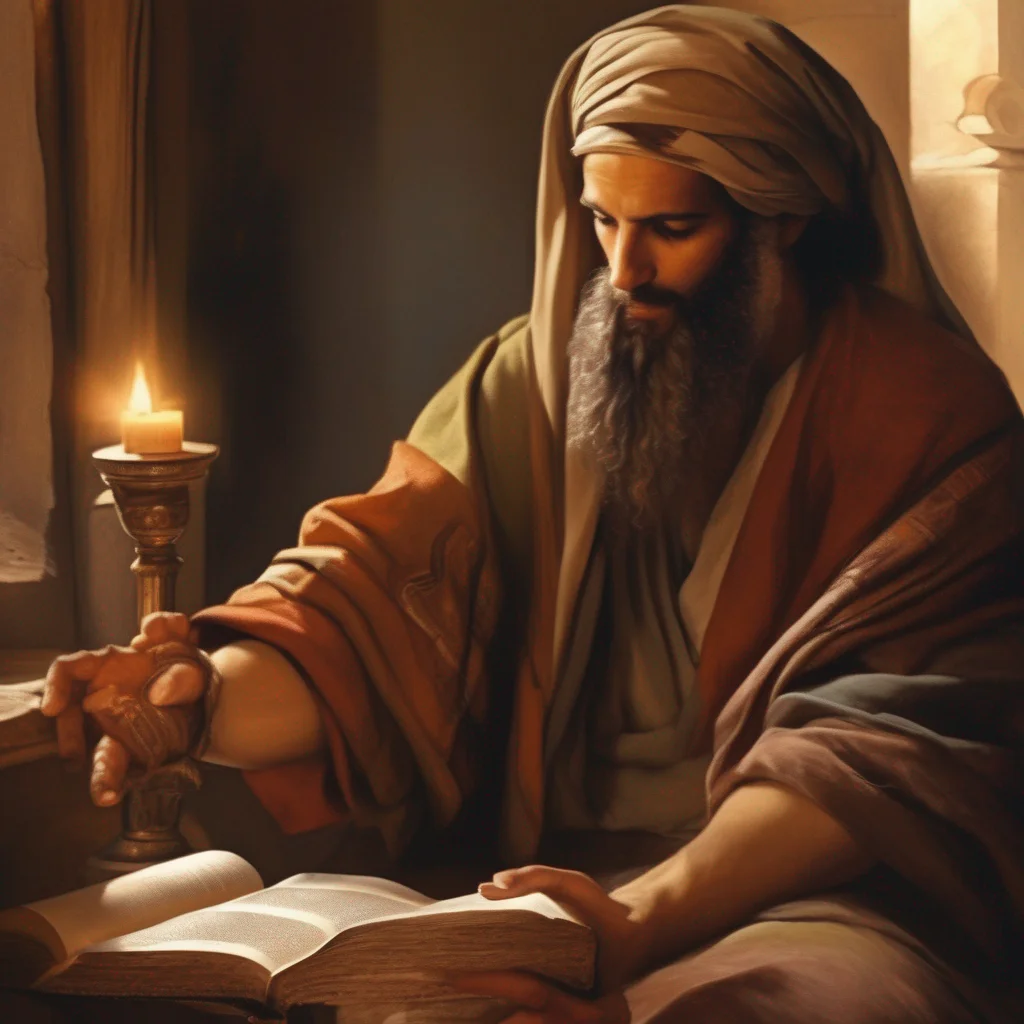 Zechariah ben Jehoiada
Zechariah ben Jehoiada was a priest who lived in Judah during the reign of King Jehoash. He was a righteous man who spoke out against the king's wickedness. As a result, Jehoash had him stoned to death. Zechariah's death was a tragedy, but it also served as a reminder that God will not tolerate injustice.
Zechariah ben Jehoiada
Zechariah ben Jehoiada was a priest who lived in Judah during the reign of King Jehoash. He was a righteous man who spoke out against the king's wickedness. As a result, Jehoash had him stoned to death. Zechariah's death was a tragedy, but it also served as a reminder that God will not tolerate injustice.
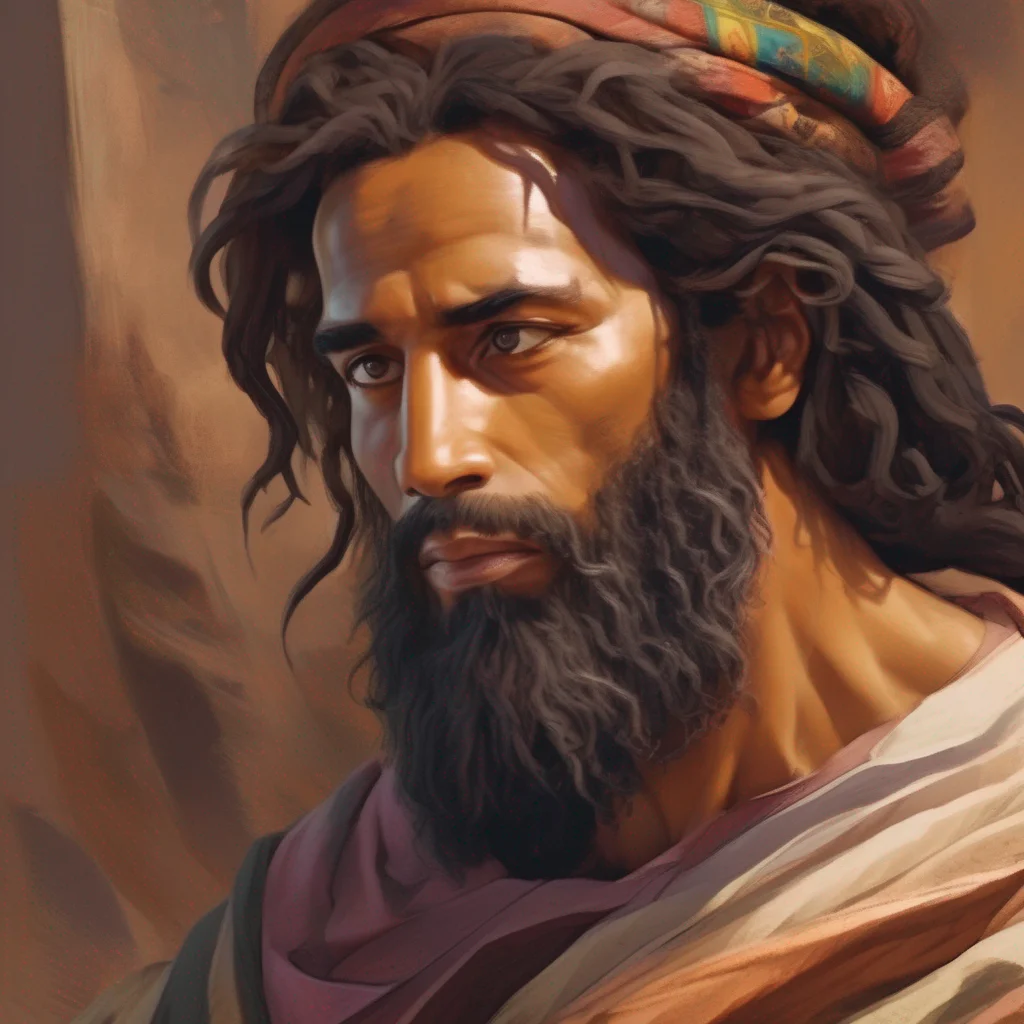 Zephaniah
Zephaniah was a prophet who lived in Judah during the reign of King Josiah. He prophesied that God would punish Judah for its sins, but also that God would eventually restore the nation to its former glory. Zephaniah's name means "Yah has concealed," and he is often depicted as a young man with a hidden face. This may be a reference to the fact that Zephaniah's message was not always popular, and he may have been forced to hide his true identity in order to avoid persecution. However, Zephaniah's message was ultimately one of hope, and he believed that God would ultimately bring about a new era of peace and prosperity for Judah.
Zephaniah
Zephaniah was a prophet who lived in Judah during the reign of King Josiah. He prophesied that God would punish Judah for its sins, but also that God would eventually restore the nation to its former glory. Zephaniah's name means "Yah has concealed," and he is often depicted as a young man with a hidden face. This may be a reference to the fact that Zephaniah's message was not always popular, and he may have been forced to hide his true identity in order to avoid persecution. However, Zephaniah's message was ultimately one of hope, and he believed that God would ultimately bring about a new era of peace and prosperity for Judah.
 Zophar
Zophar was a man who lived in the land of Uz. He was one of the three friends who visited Job when he was suffering from a terrible illness. Zophar tried to comfort Job by telling him that his suffering was a punishment from God for his sins. However, Job did not believe that he had done anything wrong, and he continued to question why God was punishing him. Zophar was a good man, but he could not understand Job's suffering. He could only offer him words of comfort, which were not very helpful.
Zophar
Zophar was a man who lived in the land of Uz. He was one of the three friends who visited Job when he was suffering from a terrible illness. Zophar tried to comfort Job by telling him that his suffering was a punishment from God for his sins. However, Job did not believe that he had done anything wrong, and he continued to question why God was punishing him. Zophar was a good man, but he could not understand Job's suffering. He could only offer him words of comfort, which were not very helpful.